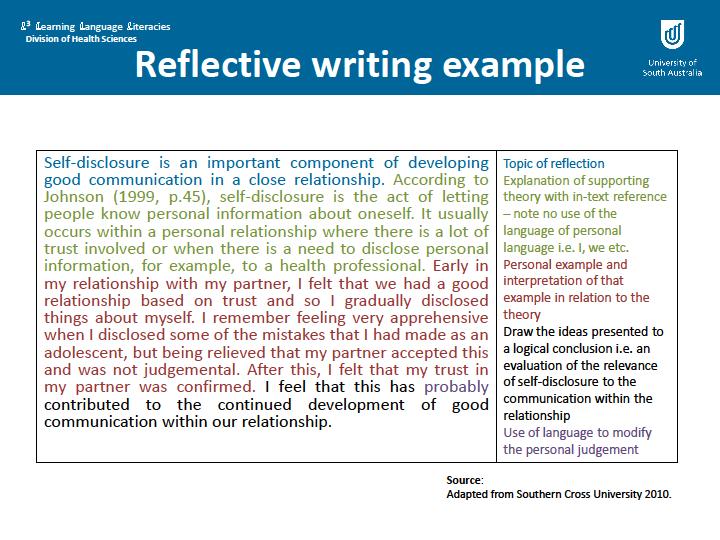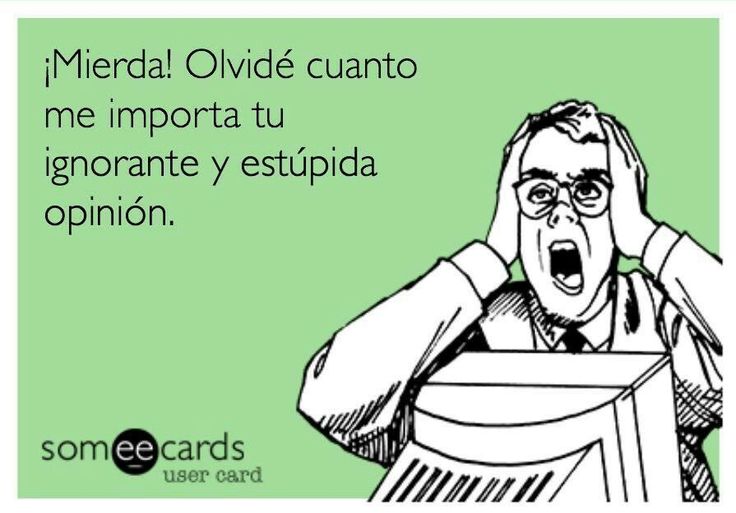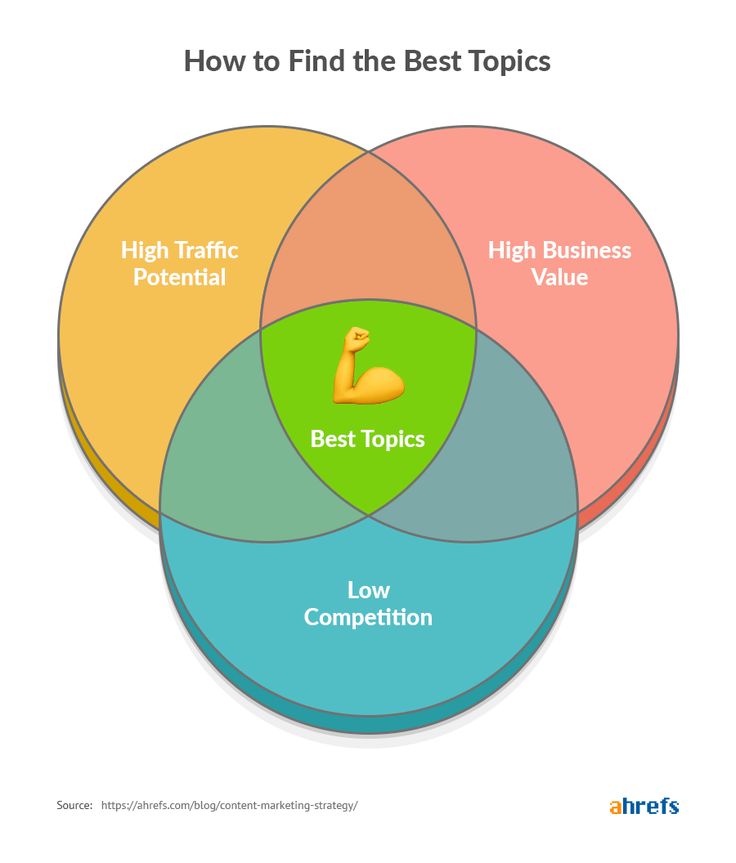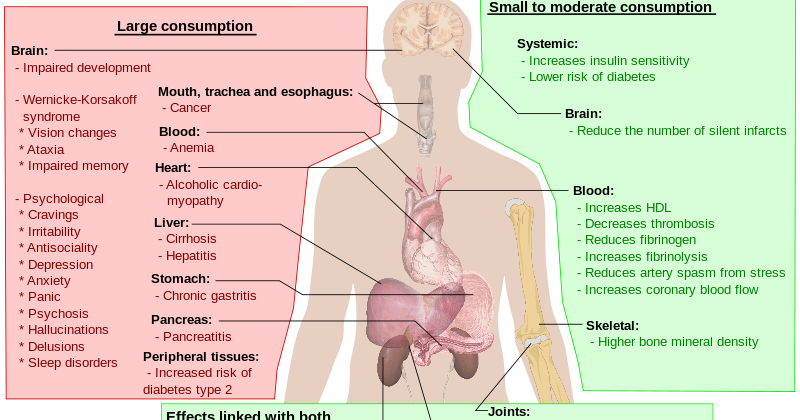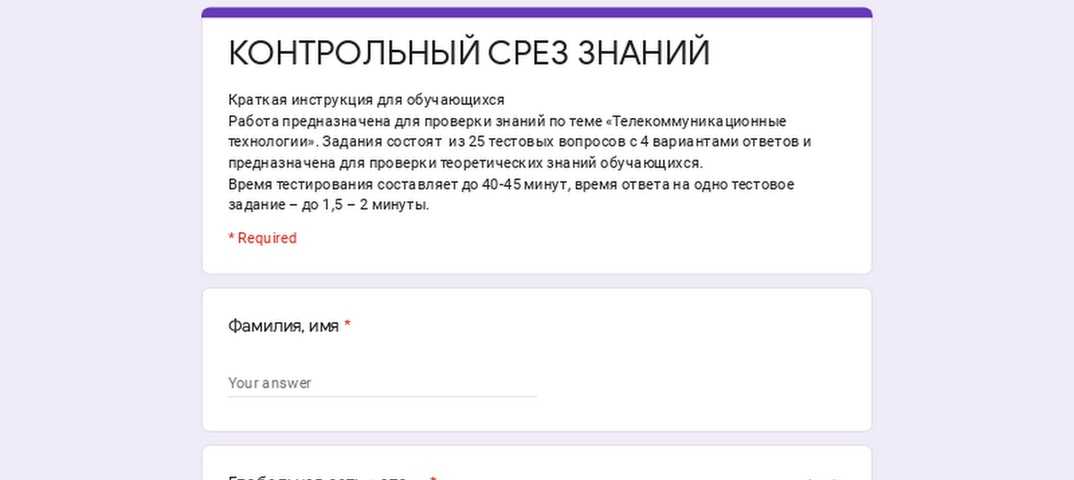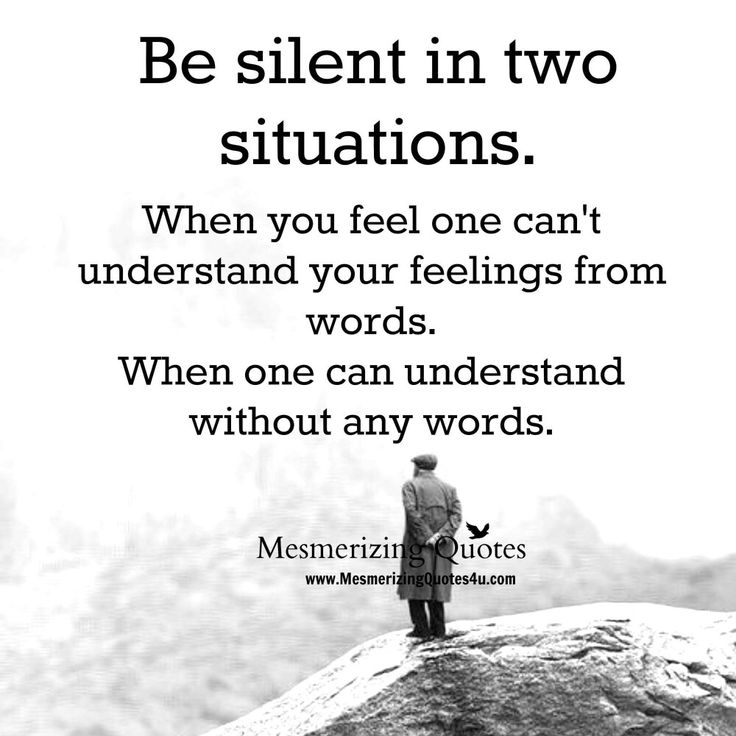Reflection journal examples
How to Write a Reflective Journal with Tips and Examples
One of the most commonly used and therapeutic ways to utilize your journal is to reflect upon experiences you deem profound or that had an impact on your life. Getting it all down on paper can really give you a completely different perspective on things. Writing in your journal can be an incredibly useful tool to help you better understand yourself and the world you operate in. Reflective learning journals are also a great way to find creative solutions to difficult problems.
So, what exactly is a Reflective Journal?
A reflective journal (aka a reflective diary) is the perfect place to jot down some of life's biggest thoughts. In a reflective journal, you can write about a positive or negative event that you experienced, what it means or meant to you, and what you may have learned from that experience.
A well-written journal can be an important tool. As with any tool, to get the most benefits, you need practice. This could mean forcing yourself to write, at first, but after a while, it will become like second nature. Write down your entry as soon as possible after the event. This way, the details will still be fresh in your mind, which will help later in your analysis.
5 Reasons To Write a Reflective Journal
Reflective journals are most often used to record detailed descriptions of certain aspects of an event or thought. For example, who was there, what was the purpose of the event, what do you think about it, how does it make you feel, etc. Write down everything, even if you don't have a clear idea of how this information will be helpful.
Here are some of the most common reasons why people find reflective journals so useful:
- To make sense of things that happened. What you write should sound as if you are describing the details to someone who wasn't there. Be as descriptive as possible. Just the act of writing down the details of what happened may give you perspective that you may not have otherwise considered had you just continued to think about it.
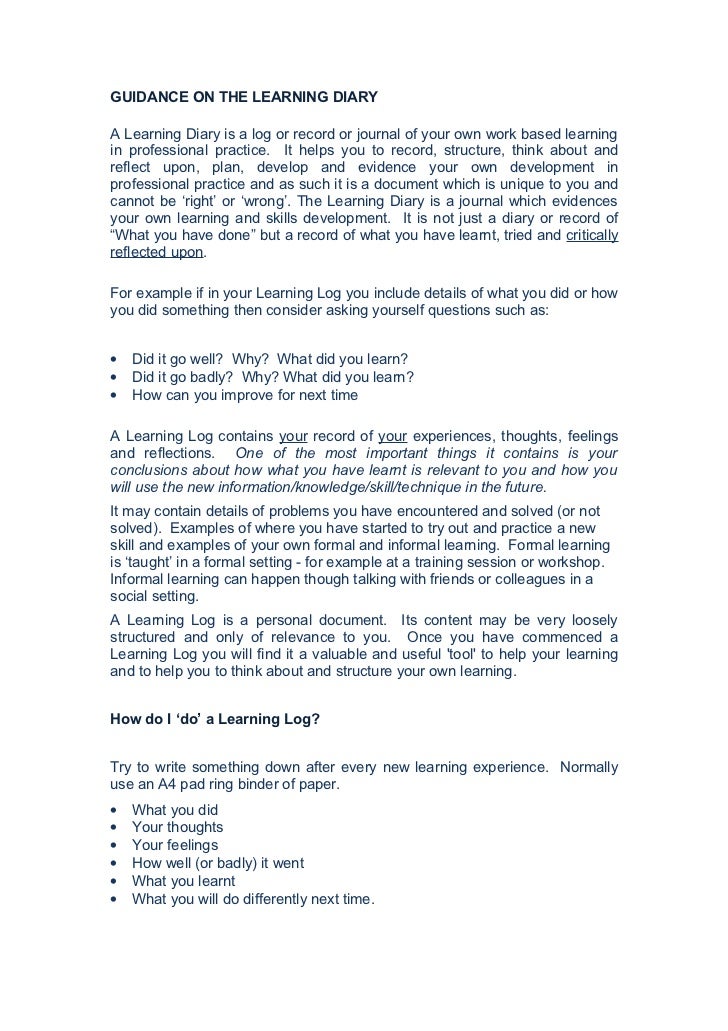
- To speculate as to why something is the way it is. Your views can come from your own common sense, or from something you have heard at a lecture or read in a book. Either way, speculating why something is the way it is can be a very useful exercise in reasoning.
- To align future actions with your reflected values and experiences. After positing your interpretation, continue to observe the subject of your speculation to decide whether you want to stick to your original views, or make changes. That is one of the great things about an online journal--you can make changes to your entries at any time.
- To get thoughts and ideas out of your head. Writing down your thoughts can help relieve pressure or help resolve problems. It will also help you focus the task at hand.
- To share your thoughts and ideas with others. Getting opinions from others about what you wrote can help you clarify your feelings for a deeper understanding of yourself.
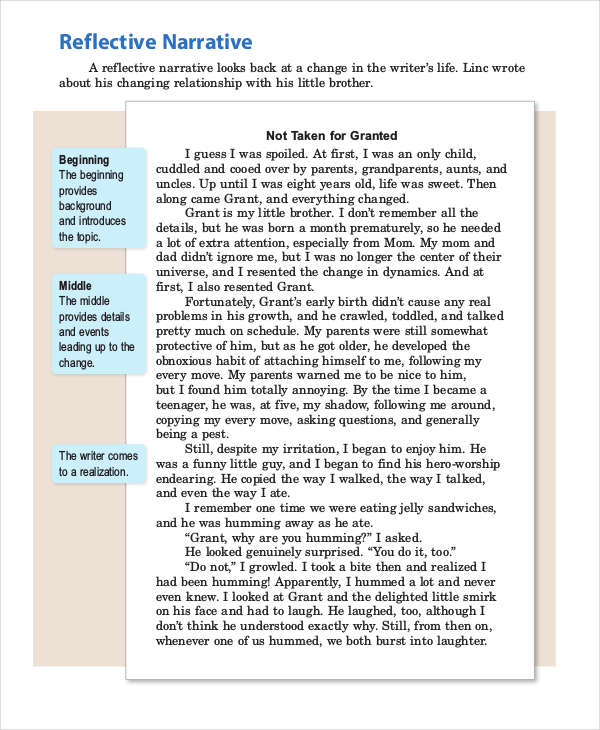
The Reflective Journal Thought Process
When writing a reflective journal, you are simply documenting something that has happened in your life that requires you to make a change or consider the impact of your decision. Your journal, in many ways, is a dialogue that you are having with yourself. You are forcing your brain to think critically about something and to produce written words accordingly.
The worst thing you can do to a creative flow is to start inputting criticism before your thought is complete. Allow yourself the time to make a mistake and keep going. Who cares if you didn't phrase that exactly how you should have or you didn't spell that word right? Those things just aren't important here. Find whatever works for you.
4 Tips To Get Your Reflective Journaling Started
Writing a reflective journal requires not only that you describe a learning experience, but also that you analyze the topics covered and articulate your feelings and opinions about the subject matter.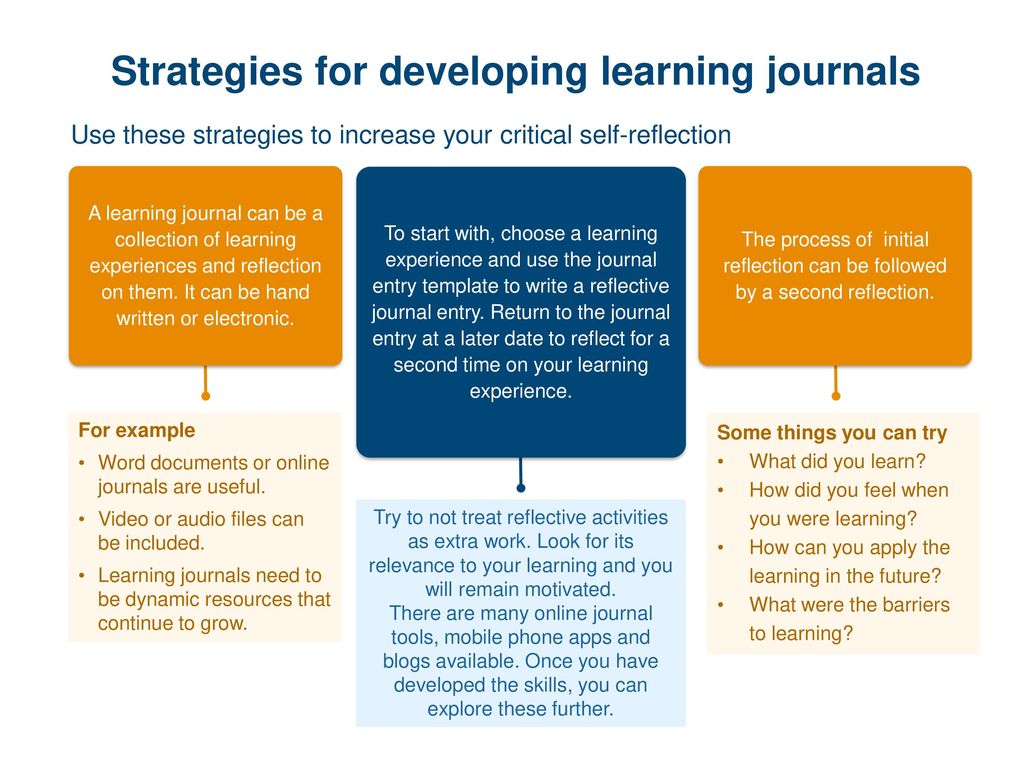 There is no set structure for writing a reflective journal, as the diary is meant for your own use. The writing process is entirely free-form. However, there are certain guidelines to follow that will make you more successful at this. Here are some basic tips at how to write a reflective journal.
There is no set structure for writing a reflective journal, as the diary is meant for your own use. The writing process is entirely free-form. However, there are certain guidelines to follow that will make you more successful at this. Here are some basic tips at how to write a reflective journal.
1. Always Keep the Journal Nearby
The first step in learning how to write a reflective journal is as simple as being prepared to jot down your thoughts and opinions on something you are learning anytime the mood strikes. For example, if you have an insightful observation about a book you're reading while on the bus, it pays to have your journal with you. Penzu's free diary software come in handy in such a situation, as online and mobile entries can be made in your Penzu journal from any location.
2. Make Regular Entries
While you can write in whatever form and style you please, it's important to write regular entries, even if a moment of inspiration doesn't arise.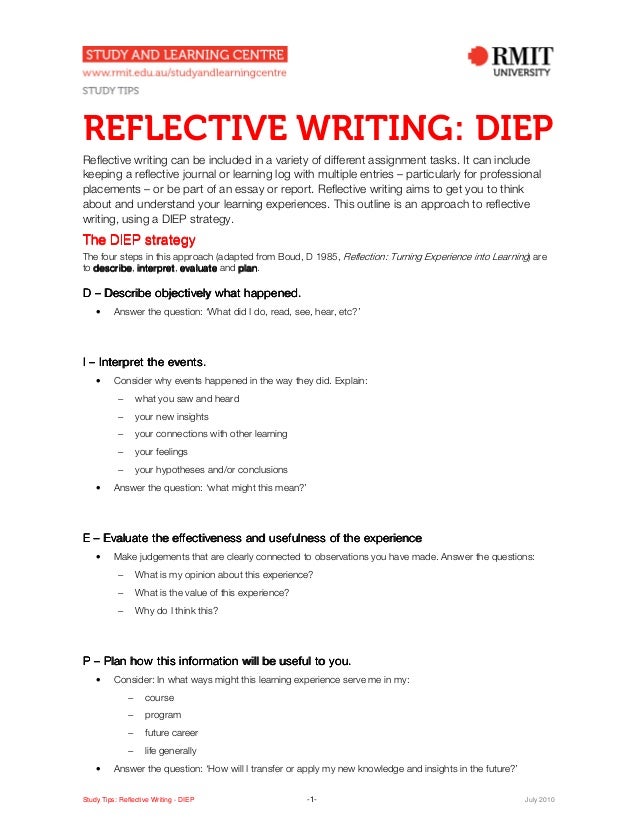 This ensures you are reviewing content and actively thinking about what you have learned. This will develop your writing and critical thinking skills while keeping you organized. In the end, this should enable you to better understand specific topics you are studying.
This ensures you are reviewing content and actively thinking about what you have learned. This will develop your writing and critical thinking skills while keeping you organized. In the end, this should enable you to better understand specific topics you are studying.
3. Participate, Observe, Summarize and Contemplate
While reflecting is the main part of keeping a reflective diary, it's also vital that you first participate in a learning activity, make observations and summarize facts and experiences. For example, if you are writing a lab for science class, be sure to first cover what you did and what the goal and outcome of the experiment was prior to elaborating on your ideas and opinions of what was discovered. Reflective journaling is first about participating and observing before writing.
4. Review Regularly
Take time to read over previous journal entries and see how new experiences, additional knowledge and time have altered how you think and feel about the material you've been analyzing and contemplating.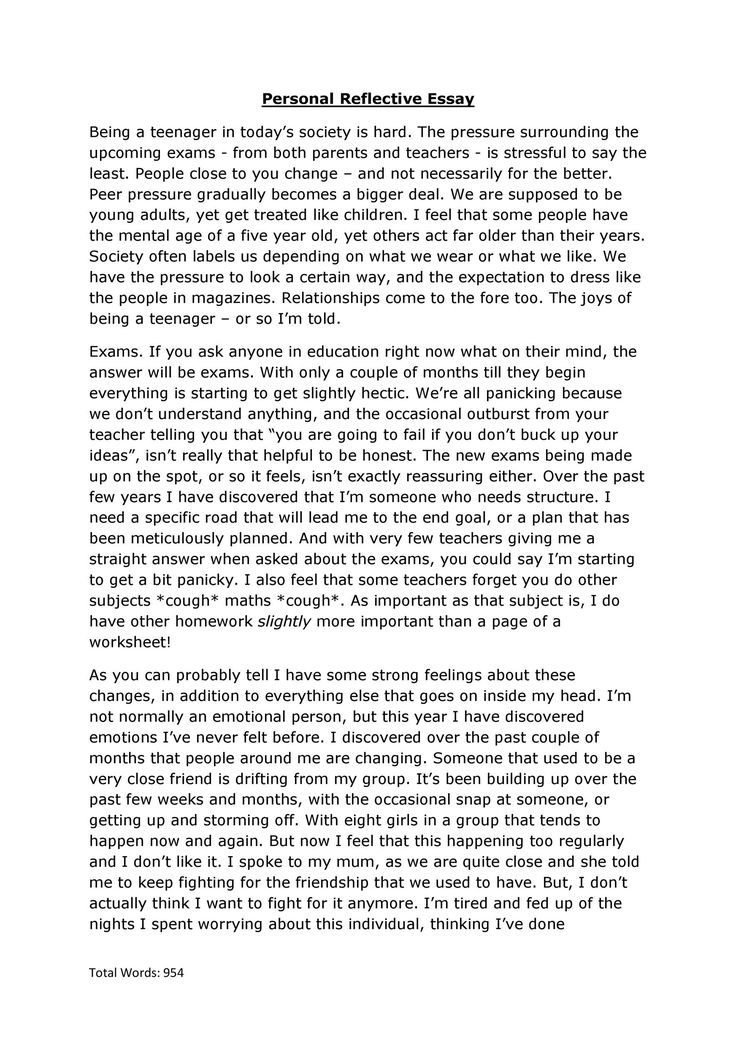 This will make the journal more valuable to you personally, as it will shed light on how you've grown.
This will make the journal more valuable to you personally, as it will shed light on how you've grown.
Reflective Journal Topic Examples
To create a reflective journal that really provides detail on your overall perspective on a variety of different situations, consider using one of the prompts below to help with your thought process.
- Write about which relationships have the most meaning to you and why. Include ways you can grow to help maintain these close relationships and get rid of the toxic relationships currently in your life.
- Write about what you are learning at school or in college.
- Write about someone in your life who has experienced a positive change and how you can learn from their situation.
- Write about what you want out of the next five years of your life and what you can do to achieve these goals.
If you’re looking for more topic examples, check out these great reflective journal prompts
Reflective Journal Example
The passage below is a sample reflective diary entry about losing a job:
“This week I lost my job because my employer thought I was not consistent in my work. At first I was a little upset, because I'm always on time, and I complete what I can by the end of the day. I couldn't figure out what she meant by stating that I wasn't consistent in my work. After thinking about the situation, I realized that I can only complete the work assigned to the best of my ability. What she doesn't realize is that the problem started because I constantly received incomplete reports. Whoever ends up with my former job will have the same issues if that problem isn't addressed first. However, knowing that I did what I could will allow me to continue to move forward with a positive outlook for the future.
At first I was a little upset, because I'm always on time, and I complete what I can by the end of the day. I couldn't figure out what she meant by stating that I wasn't consistent in my work. After thinking about the situation, I realized that I can only complete the work assigned to the best of my ability. What she doesn't realize is that the problem started because I constantly received incomplete reports. Whoever ends up with my former job will have the same issues if that problem isn't addressed first. However, knowing that I did what I could will allow me to continue to move forward with a positive outlook for the future.
A reflective journal is a personal account of an educational experience that offers a variety of benefits, from enhancing your writing skills and helping you retain information to allowing you to express your thoughts on new ideas and theories.
When keeping a reflective journal, it's important that you have privacy and convenience. Penzu's online account and mobile platform offer secure access and the ability to write entries from anywhere, and your diary will never get lost or stolen.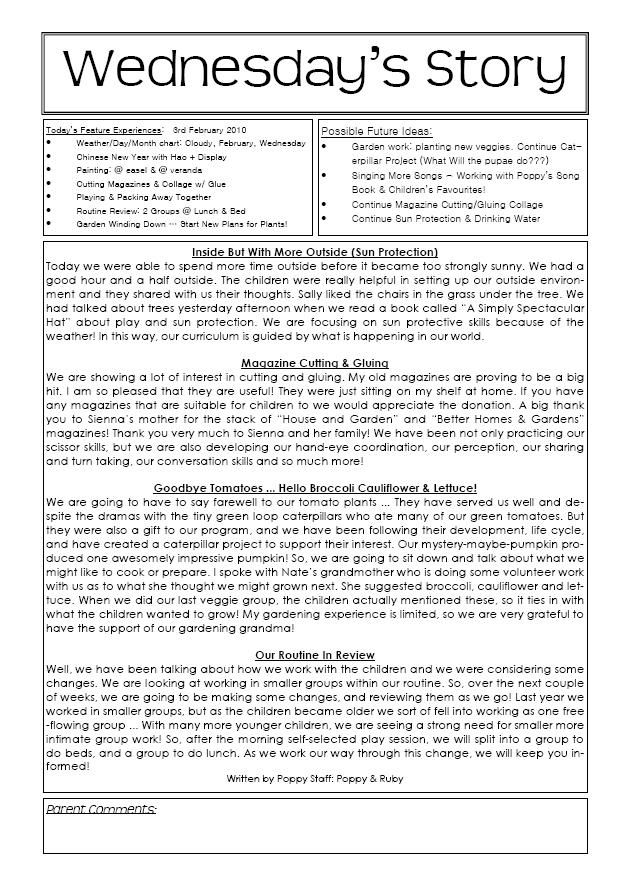
There's no time like the present - start your free online journal today!
Create your Journal »How to Write a Reflective Journal with Tips and Examples
What is a Reflective Journal?
A reflective journal is a place to write down your daily reflection entries. It can be something good or bad that has happened to you that you can self-reflect on and learn from past experiences.
A reflective journal can help you to identify important learning events that had happened in your life. The events include your relationships, careers and personal life. By writing a reflective diary, you can find the source of your inspiration that defines you today. A reflective journal also provides a better understanding of your thought process.
Reasons to Write a Reflective Journal
- To understand the things that have happened.
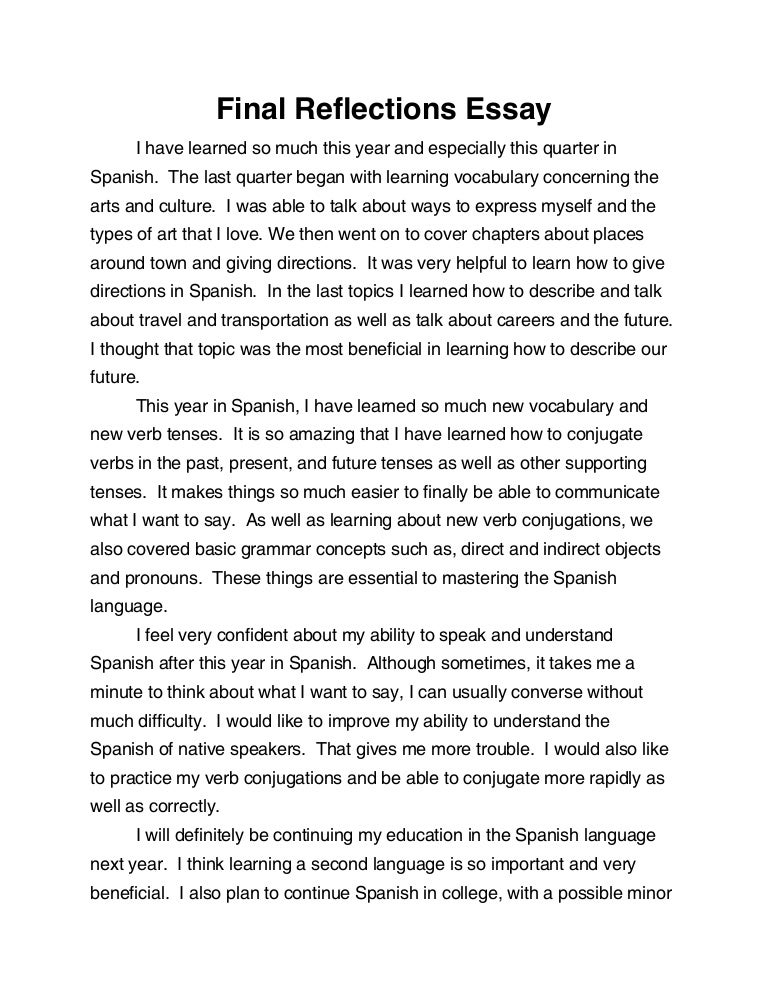
- To reflect on why it happened this way.
- To align future actions with your values and lessons learned from your past experiences.
- To share and get your thoughts and ideas out of your head.
Start a digital journal - download Journey app today!
Try it today
How to Reflect Effectively
According to Schön, there are two types of reflection, one during and one after an activity or event.
Reflection In-Action
When you are thinking about or reflecting while you are in an activity, you are using reflection in-action. Some reflection include:
- Experiencing
- Thinking on your feet
- Thinking about what to do next
- Acting straight away
Reflection On-Action
You can do reflect-on-action once the activity has finished based on what you can remember about it.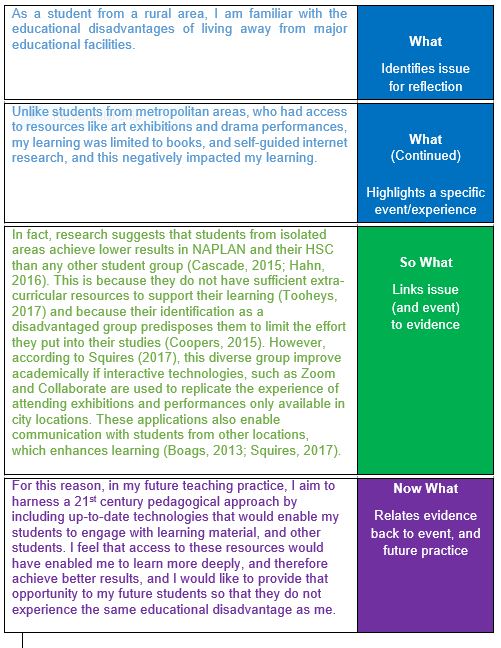 Step back into the experience, explore your memory and retrieve what you can recall. Reflect and understand what has happened and draw lessons from the experience.
Step back into the experience, explore your memory and retrieve what you can recall. Reflect and understand what has happened and draw lessons from the experience.
- Thinking about something that has happened
- Thinking what you would do differently next time
- Taking your time
Examples to Reflect Effectively
Before the Experience
- Think about the things that could have happened.
- What are the things that you feel might be a challenge?
- The things that you can do to prepare for these experiences.
During the Experience
- Observe what is happening at the moment, as you make a particular decision.
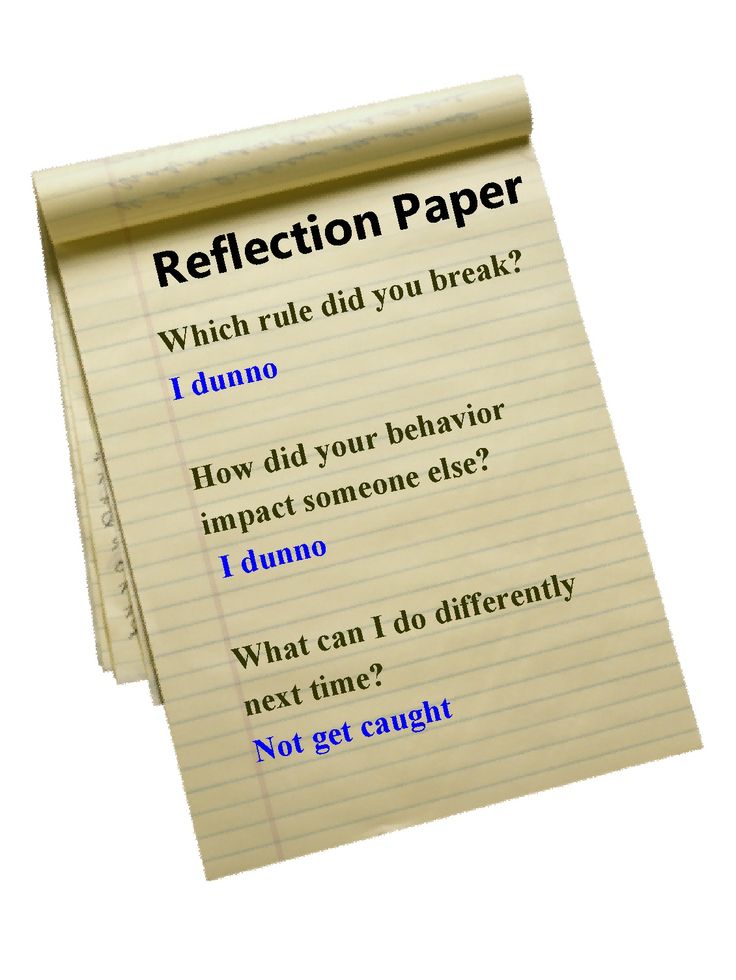
- Is it working out as expected? Are you dealing with the challenges well?
- Is there anything you should do, say or think to make the experience successful?
After the Experience
- Describe your thoughts immediately after, and/or later when you have more emotional distance from the event.
- Is there anything you would do differently before or during a similar event?
- What are the takeaways from this experience/lesson?
Start a digital journal - download Journey app today!
Try it today
How to Write Reflectively
Use the three "W"s to write reflectively. The three "W"s are What, So What and What next.
What (Description)
Recall an event and write it down descriptively.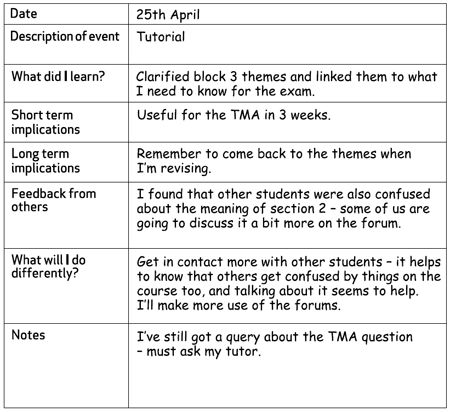
- What happened?
- Who was involved?
So what? (Interpretation)
Take a few minutes to reflect and interpret the event.
- What is most important / interesting / relevant / useful aspect of the event, idea or situation?
- How can it be explained?
- How is it similar to/different from others?
What's next? (Outcome)
Conclude what you can learn from the event and how you can apply it next time.
- What have I learned?
- How can it be applied in the future?
Reflective Journal Prompts
Here are the 10 writing prompts to guide you in self-reflection and self-discovery.
- What makes you unique?
- Name someone that means a lot to you and why?
- Write a letter to your younger self.
- What is something you can do to focus more on your health and well-being?
- What makes you feel at peace?
- List 10 things that make you smile.
- What does it mean to live authentically?
- What is your favourite animal, and why?
- How do you maintain your physical/mental health? What can you do to improve the methods of recovery?
- List the things that you want to achieve this week.
COSMOPOLITAN Magazine - “Then and Now: Has Cosmo Got Worse? Some of my thoughts on the content, editors, advertising and why I still love this magazine.
Hello everyone!
For as long as I can remember, I have always loved periodicals: as a child I subscribed to the Zorka newspaper and even wrote notes there, and as a teenager I read Oops! and Yes!, and when she grew up, she began to buy Cosmopolitan.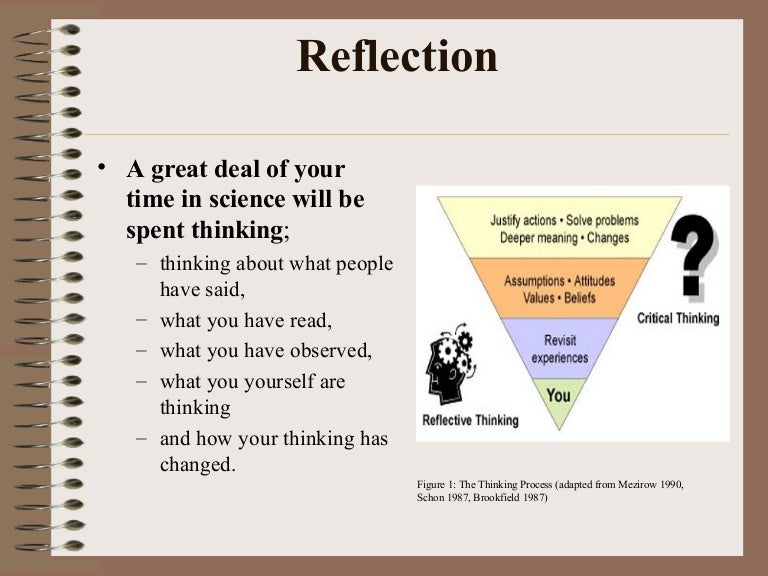 Of all the current gloss, a hand reaches out to him, although "he is no longer the same as before." Well, or am I not the one who knows...?)
Of all the current gloss, a hand reaches out to him, although "he is no longer the same as before." Well, or am I not the one who knows...?)
• What is Cosmopolitan for me?
First of all, it is the mood. In general, I won’t lie if I say that I buy a magazine largely because of the element of surprise: that moment when you tear open the packaging cellophane, inhale the smell of fresh pages (I always liked to sniff new books and magazines), and you begin to leisurely leaf through bright Pictures.
For me, this is a kind of teleport from everyday monotony to a colorful and carefree world! nine0012
Perhaps that is why I most often buy a magazine in autumn and winter, when there is a catastrophic lack of sun and I want to cheer myself up. But in spring and especially in summer - less often, usually on trips, well, or when the weather is bad)
Here, of course, not everything that I bought over the years, I gave a lot to my friends and mother-in-law
At my house quite a lot of issues of the magazine are stored, the hand does not rise to throw away.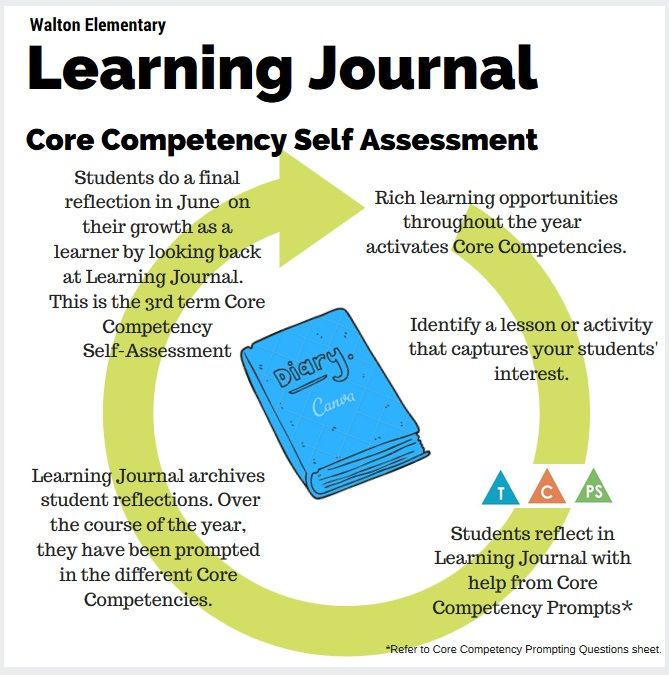 Sometimes it's interesting to see what was written about and what was fashionable, for example, in September 2013 :) True, in order to find time for this nostalgic activity, the stars need to converge in a special way. ? nine0003
Sometimes it's interesting to see what was written about and what was fashionable, for example, in September 2013 :) True, in order to find time for this nostalgic activity, the stars need to converge in a special way. ? nine0003
• A bit of talk about "it was better before"
Yes, I really think that the magazine used to be more interesting: I always read it to the end and I even had a week left to look forward to the next one . Now I finish reading the issue with difficulty, and sometimes I quit altogether.
But I can't say with certainty whether this is the fault of the magazine. nine0012 Why? Yes, because my life, and with it I myself, have changed: a child was born, there is less free time, now in the evenings it’s not so easy to organize gatherings under a blanket with a cup of tea and your favorite magazine. When there is free time, there are many other necessary activities. In general, it has become more difficult to combine the factors of desire and time.
In general, it has become more difficult to combine the factors of desire and time.
And some topics are no longer as interesting as before: for example, I hardly follow fashion and style, while a lot of pages are devoted to this in the magazine. nine0003
So my thoughts on when the magazine was better - then or now - this is a very subjective opinion)
• Editors
As for the editors, I started buying the magazine when Alexandra Badanina (2011-2014) was its chief editor, then she was replaced by Polina Sokhranova (2014-2017), and now the magazine is headed Alyona Peneva.
Of all of them, I am most impressed by Polina, in her time the magazine, in my opinion, was the most informative and it maintained a balance of fashion/things/advertising and interesting articles. nine0003
The new editor-in-chief, I think, puts a lot of emphasis on the topic of luxury brands of clothing and cosmetics, sometimes there are entire sections about expensive cosmetic procedures. In my opinion, there are too many of these topics, because Cosmo is, after all, a magazine "for everyone", it is read by women and girls with different levels of income, from different regions of Russia and even other countries (like me, for example ??)).
In my opinion, there are too many of these topics, because Cosmo is, after all, a magazine "for everyone", it is read by women and girls with different levels of income, from different regions of Russia and even other countries (like me, for example ??)).
With Alyona, the magazine becomes like a kind of "rich girlfriend", whereas before he was a girlfriend from a neighboring house, with whom you can have a heart-to-heart talk on completely different topics. nine0003
Even now I looked through the issues and noticed the transformation of the editor's letter:
2015, letter from Polina
2019, October, letter from Alena
And the whole magazine as a whole has become more about things, shopping and the like. And yes, there are more ads.
• About advertising and samples
There are already objectively: there are more ads in 2019 than in the same 2015.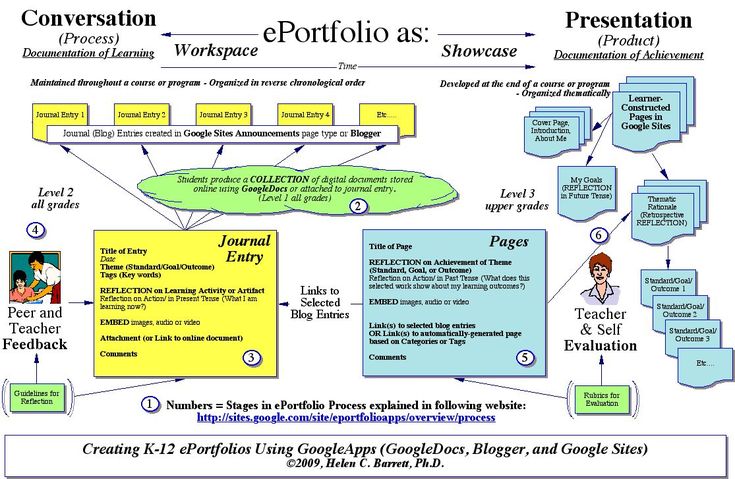 The first 40 pages are almost one ad. I am saying this without pretensions, I am simply stating a fact, it is clear that circulations are falling every year, it is necessary to recoup the costs. nine0003
The first 40 pages are almost one ad. I am saying this without pretensions, I am simply stating a fact, it is clear that circulations are falling every year, it is necessary to recoup the costs. nine0003
Probes also got worse. Or rather, in Belarus they don’t put them at all. Sooo rarely there is a bag of coffee or Nivea cream) And before it was stable 2-3 pieces. So this October, the issue with Angelina Jolie in Russia was sold packaged, and it contained a sample of Chanel's mascara, while we have it without packaging and without probes.?
Well, okay, I don't buy a magazine because of samplers. Let's talk about something good)
• About the good
Still, I continue to buy and read Cosmo, which means I still like it. There are really interesting articles in it, with interesting ideas: for example, in the already mentioned October article - an experiment on the theme of the film "Always Say Yes":
In this article, only the last girl writes a little strange things))
I also liked the detailed material from this issue about domestic violence and the need to adopt a law against it:
The article took as many as 4 spreads, and it is very detailed and thoughtful.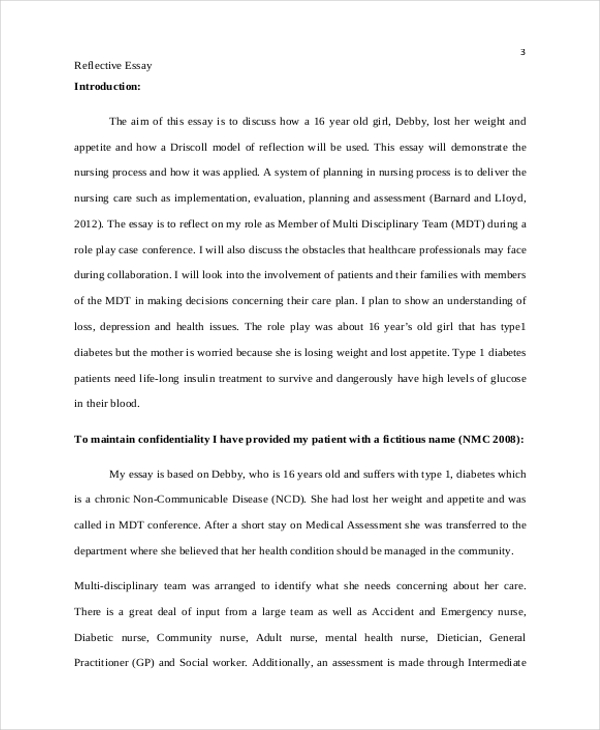
I also love inspiring stories about women in Cosmo. Someone has achieved heights in their careers, someone has overcome the disease, someone is doing something unusual and necessary ... There are many stories, and they are all very interesting.
Such stories are sometimes very inspiring and motivating.
The same can be said about interviews with famous women. For example, I liked this one, with Irina Khakamada:
There are also good useful health articles from which you can learn something new:
Well, where would we be without novelties in cosmetics and perfumery, funny stories from readers and columns of regular authors (I always read Antonina Kozlova with interest).
TOTAL
I believe that despite everything, Cosmopolitan magazine has its own unique charisma, its own atmosphere. That is why thousands of girls all over Russia and abroad love him.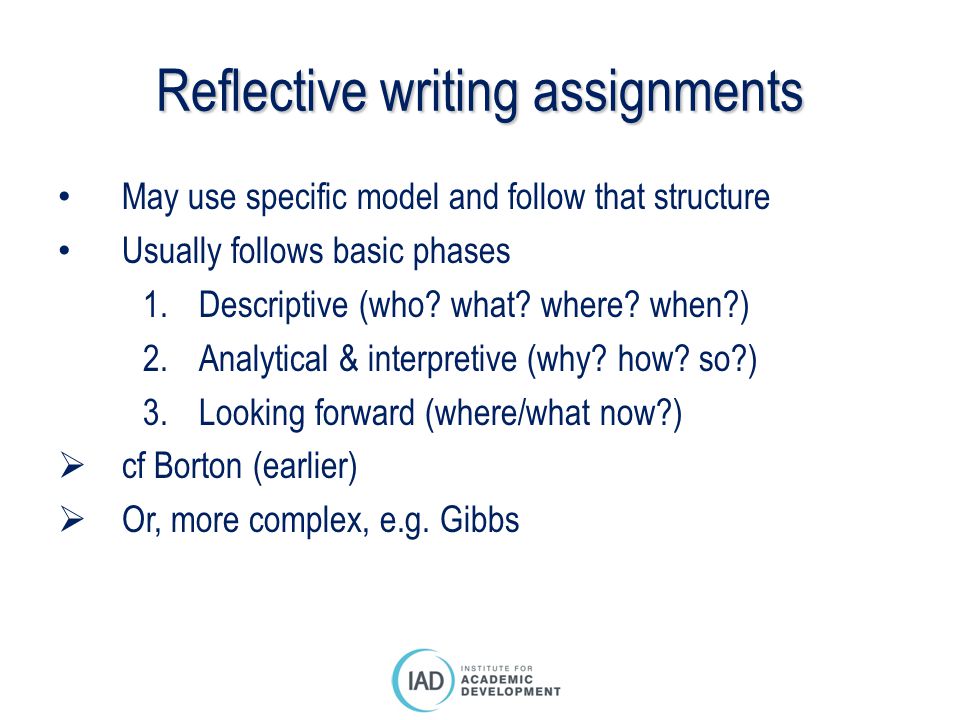 nine0003
nine0003
There are a lot of glossy magazines, there is always something to choose from if you wish. Personally, I chose Cosmo, for his presentation style, interesting articles, brightness and easy attitude to life. And also for the feeling of being a part of something big and important, for the motivation for action and development, inspiring examples and optimism.
I really hope that the staff of the journal will not lose this individuality and inner essence over time!
Has Cosmo become worse..? No, still no. Time changes, we change, and it always seems that the grass used to be greener. But, having flipped through the old and new issues of the magazine today, even despite the shortcomings and the increased amount of advertising, I understand that I am still holding the same good old Cosmopolitan in my hands as many years ago)
???
Mezhdunarodnaya Zhizn - The Lessons of History and Vision of the Future: Reflections on Russia's Foreign Policy
It so happened that our country is again experiencing a turning point in its more than a thousand-year history.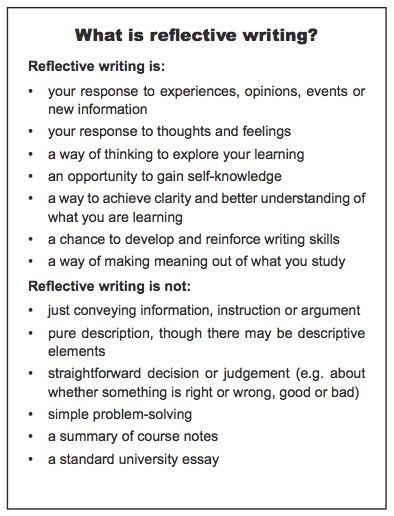 We have to deal with the aggressive reaction of some external players to absolutely justified actions to protect vital interests in the western direction. A man-made crisis of European security and the entire international order, formed as a result of the Second World War, emerged. nine0003
We have to deal with the aggressive reaction of some external players to absolutely justified actions to protect vital interests in the western direction. A man-made crisis of European security and the entire international order, formed as a result of the Second World War, emerged. nine0003
Although more than one generation has grown up in our country in relatively peaceful times, the situation of conflict is rather the norm for a country with such geography and interests as Russia. Domestic experts draw different historical analogies. Someone compares the current stage with the era of Alexei Mikhailovich the Quietest, when the Muscovite state gradually returned the Western Russian lands. Others see similarities with the Crimean War, when Russia faced "the unprecedented hatred of the West"[1]. Still others refer to the experience of “taming for the benefit of themselves and all mankind” the imperial ambitions of Sweden after Poltava, France after Borodino, Germany after Stalingrad and Berlin[2].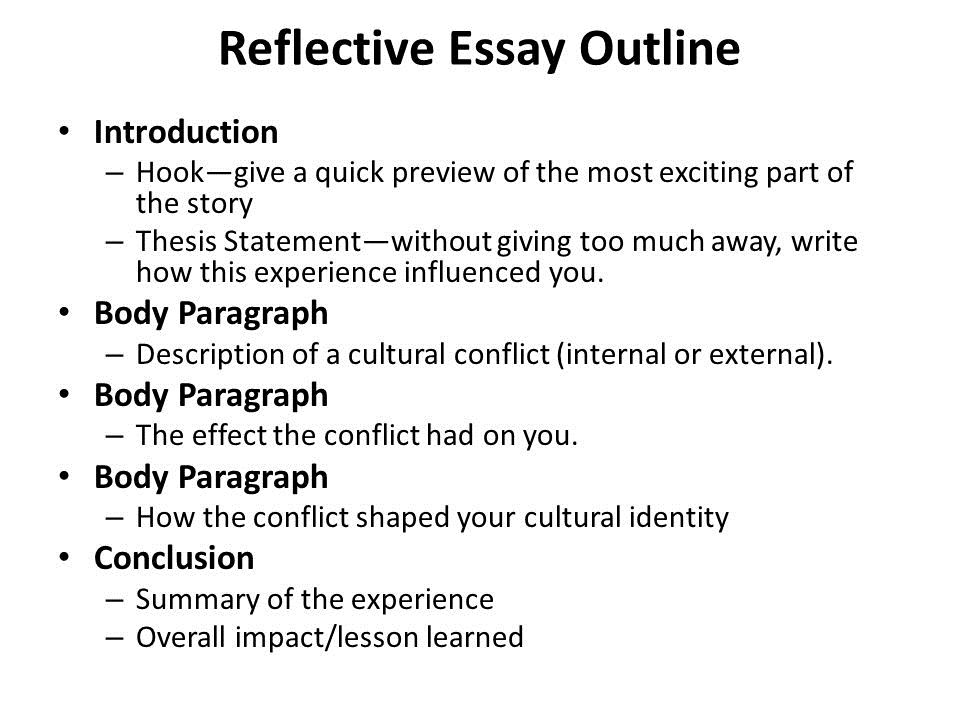 Others compare the confrontation between Russia and the West with the Cold War 1940s - 1980s[3] Some believe that the scale of today's changes exceeds the tectonic shift of 1989-1991, "when there was a radical change in the balance of power, but the very principles of world politics and the rules of behavior did not change dramatically"[4].
Others compare the confrontation between Russia and the West with the Cold War 1940s - 1980s[3] Some believe that the scale of today's changes exceeds the tectonic shift of 1989-1991, "when there was a radical change in the balance of power, but the very principles of world politics and the rules of behavior did not change dramatically"[4].
Similar parallels, for all their conventionality, have one thing in common - they all emphasize the epoch-making significance of the events taking place. It can be said without exaggeration that the special military operation has become a milestone on the way to a new world order, a new alignment of forces in the international arena. The alignment will largely depend on the course of hostilities, changes in the structure of the world economy and the parameters of the political settlement of the conflict. Someday this puzzle will come together. In the meantime, fate itself has again placed Russia in the position of one of the main creators of world history. nine0003
nine0003
* * *
To engage in historical creativity means, among other things, to clearly see and understand the existing realities. Of course, when a lot is changing and not everything is clear, there is a temptation to draw simple conclusions (like “the world will never be the same again”). Such conclusions easily enter the consciousness, but give little to the mind. For a better understanding of what is happening, it is useful to keep long-term trends in world development in front of our eyes. Those that were formed long before the beginning of the NWO and will continue to move the lithospheric plates of history after its completion. nine0003
What are the trends?
It is logical to begin the most fateful process - the formation of a multipolar world order. This is the essence of the changes in the international system. As President Vladimir Putin noted, it is about “the transition from liberal globalist American egocentrism to a truly multipolar world based on the true sovereignty of peoples and civilizations”[5]. Let us add that, according to the generally accepted assessment, the mentioned transition began shortly after the collapse of the Soviet Union and the socialist community, marking the end of the bipolar order, which rested on the Soviet-American balance of power, and the beginning of a short "unipolar moment" by historical standards.90s, when one short-sighted political scientist suddenly proclaimed the "end of history."
Let us add that, according to the generally accepted assessment, the mentioned transition began shortly after the collapse of the Soviet Union and the socialist community, marking the end of the bipolar order, which rested on the Soviet-American balance of power, and the beginning of a short "unipolar moment" by historical standards.90s, when one short-sighted political scientist suddenly proclaimed the "end of history."
As happened more than once, the path to a new balance of power took on a protracted and non-linear character. Russia and other leading states will have to go through it - although this may take many more years. Objective facts and phenomena that do not depend on anyone's desires indicate that the stability of the modern world will be ensured by coordinating the interests of several systemically important centers of economic power and political influence. Who will become the "shareholders" of the multipolar system, how many there will be - time will tell. nine0003
The civilizational approach seems to us to be analytically productive and politically sound. In his logic, the players of the global level will be politically consolidated civilizational communities headed by the state-leader. For example, Russia and the Eurasian community, China and the East Asian community, the United States and the Anglo-Saxon sphere, as well as the Indian, Arab-Muslim, continental European and others.
In his logic, the players of the global level will be politically consolidated civilizational communities headed by the state-leader. For example, Russia and the Eurasian community, China and the East Asian community, the United States and the Anglo-Saxon sphere, as well as the Indian, Arab-Muslim, continental European and others.
Whatever the structure of the future world order, competition is already unfolding today for the right to establish its basic principles - what can simply be called norms of behavior. Competitive advantages in this multifaceted competition are possessed by strong, technologically advanced states capable of projecting outwards not only military force, but also spiritual, moral and moral values. As S.V. Lavrov noted, “we are talking about countries with a well-organized central government, responsible and capable, able to respond with maximum efficiency (in terms of ensuring the interests and security of their citizens) to natural or other disasters. China, India, Brazil, South Africa, Iran, Egypt, Argentina, Mexico… with economic weight comes political influence.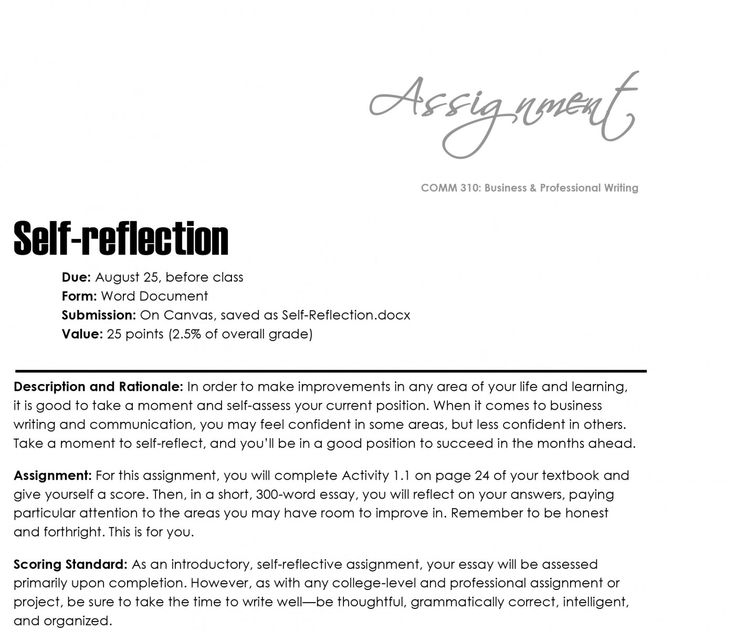 This cannot be ignored" [6]. nine0003
This cannot be ignored" [6]. nine0003
The BRICS association, which is playing an increasingly significant role on the world stage, has become the embodiment of multipolar diplomacy. The Brix agenda is "sharpened" to address issues of international development that are common to their participants. It makes sense to take a closer look at the prospects of the MIKTA group, which includes such regional powers as Mexico, Indonesia, South Korea, Turkey and Australia - although the real impact of its activities has yet to be assessed. But the "Group of Seven" has quite predictably lost its authority as a generator of solutions to global problems, turning, in fact, into a mechanism for Washington to discipline its satellites on issues of opportunistic interest to the United States. nine0003
An accelerator of the emergence of polycentrism since the mid-2000s. speaks globalization crisis , which ended the monetary, financial, technological and cultural dominance of the United States.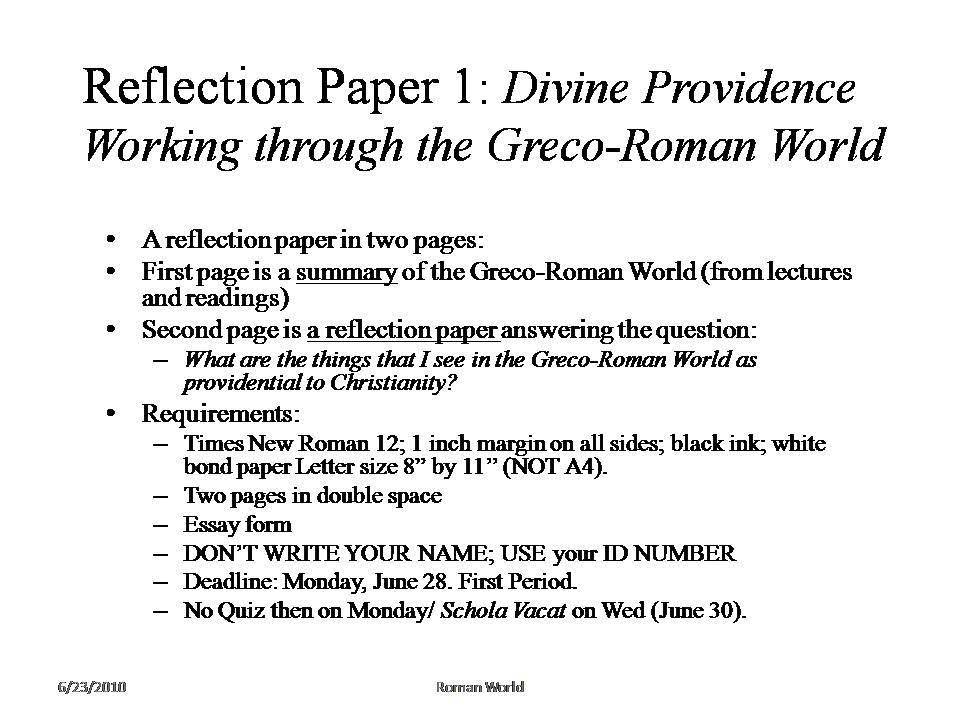 During the stock market crash of 2008-2009. The American "core" of the global system of capitalism has been struck by such a blow that it has not yet recovered by and large from it. Meanwhile, the shift in the focus of economic activity to the Asia-Pacific region, China's breakthrough into the leaders of the world economy are going by leaps and bounds. According to the World Bank, already in 2017, Beijing overtook Washington in terms of gross domestic product (calculated at purchasing power parity), and even earlier, in 2010, in terms of industrial production. However, the gross product is another indicator of the state of the economy: with its spaces, natural resources (the World Bank estimates them at $ 75 trillion or more), and accumulated material and technical wealth, Russia is not inferior to any state (while in terms of nominal The GDP of the IMF puts our country only in 11th place). We also note here that, looking into the world of the future, some Russian experts predict “the breakup of the global economic system into several large macro-regions”[7], others speak of the emergence of two or more techno-economic blocks – “large pieces of the market”, including the “currency zone, a set of resources, a development philosophy, a set of basic technologies”[8], which will compete with each other.
During the stock market crash of 2008-2009. The American "core" of the global system of capitalism has been struck by such a blow that it has not yet recovered by and large from it. Meanwhile, the shift in the focus of economic activity to the Asia-Pacific region, China's breakthrough into the leaders of the world economy are going by leaps and bounds. According to the World Bank, already in 2017, Beijing overtook Washington in terms of gross domestic product (calculated at purchasing power parity), and even earlier, in 2010, in terms of industrial production. However, the gross product is another indicator of the state of the economy: with its spaces, natural resources (the World Bank estimates them at $ 75 trillion or more), and accumulated material and technical wealth, Russia is not inferior to any state (while in terms of nominal The GDP of the IMF puts our country only in 11th place). We also note here that, looking into the world of the future, some Russian experts predict “the breakup of the global economic system into several large macro-regions”[7], others speak of the emergence of two or more techno-economic blocks – “large pieces of the market”, including the “currency zone, a set of resources, a development philosophy, a set of basic technologies”[8], which will compete with each other.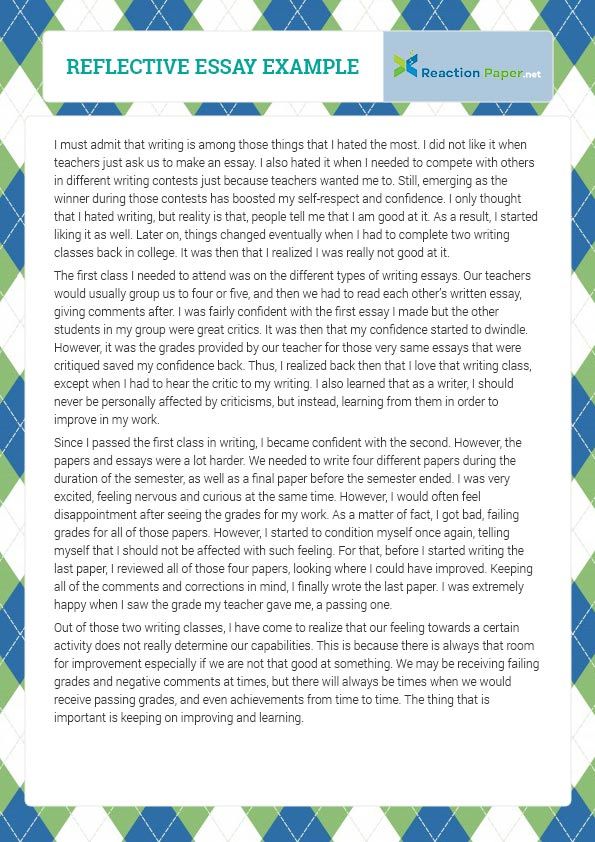 nine0003
nine0003
Everyone will benefit from multipolarity and deglobalization, provided that no one interferes with the natural course of these objective processes. Here the behavior of the ruling circles of North America and Western Europe is of decisive importance. If they do not stop their now understandable pain of losing power over the world and continue to “grab the colt” whenever patient diplomacy is required, the alarming trend of increasing the value of the force factor 9 will continue and intensify.0011 in international affairs. Western arrogance is fueled by decades (if not centuries) of impunity and permissiveness. How else can one explain the adventurism of American presidents, who are accustomed to declaring countries located tens of thousands of kilometers from the United States a threat to national security? The results of military interventions (for example, in Yugoslavia, Iraq, Libya, Afghanistan) have been the destabilization of entire regions.
Under the conditions of real multipolarity, the very raising of the issue of military control of remote territories, not to mention military interventions in the interests of containing other centers of power, causes active rejection and opposition. The risks of unforeseen consequences of armed actions are multiplied by the fact that the very nature of power politics is changing, the line between military and non-military means of its conduct is blurred. Shaking the balance at the global level doubles the readiness of regional players to pursue their interests by any available means, sometimes quite opportunistically. At the initiative of the United States, the mechanisms for arms control and the maintenance of strategic stability created by the labors of generations of negotiators are being dismantled. At the doctrinal level, the Americans have lowered the threshold for the use of nuclear weapons. These and other worrisome moments once again bring back to the field of view of military planners the most dangerous scenarios of a clash of nuclear powers, fraught with catastrophic consequences. nine0003
The risks of unforeseen consequences of armed actions are multiplied by the fact that the very nature of power politics is changing, the line between military and non-military means of its conduct is blurred. Shaking the balance at the global level doubles the readiness of regional players to pursue their interests by any available means, sometimes quite opportunistically. At the initiative of the United States, the mechanisms for arms control and the maintenance of strategic stability created by the labors of generations of negotiators are being dismantled. At the doctrinal level, the Americans have lowered the threshold for the use of nuclear weapons. These and other worrisome moments once again bring back to the field of view of military planners the most dangerous scenarios of a clash of nuclear powers, fraught with catastrophic consequences. nine0003
Another scientific and technological revolution is the driving force behind deep, hard-to-calculate transformations in the social, economic and political picture of the world. The emerging technological order is based on advanced information and communication, energy, biomedical and nanotechnologies, elements of artificial intelligence. Ensuring technological sovereignty is a strategic task for any serious state that claims an independent role in the onset of a highly competitive era. Establishing ethical standards for the use of emerging technologies, developing rules for the responsible behavior of states, adapting management structures in the field of information security, healthcare, ecology and climate are turning into major “long-playing” topics on the diplomatic agenda. nine0003
The emerging technological order is based on advanced information and communication, energy, biomedical and nanotechnologies, elements of artificial intelligence. Ensuring technological sovereignty is a strategic task for any serious state that claims an independent role in the onset of a highly competitive era. Establishing ethical standards for the use of emerging technologies, developing rules for the responsible behavior of states, adapting management structures in the field of information security, healthcare, ecology and climate are turning into major “long-playing” topics on the diplomatic agenda. nine0003
Shifting external balances, increased conflict in the international environment encourage countries to seek internal reserves, turn to the foundation of their history and culture. As if “on the contrary”, the promotion of the neoliberal value agenda by the Western globalist class (human rights, gender, legalization, bioethics, transhumanism, etc.) also works for this. As a natural human reaction to such decadent manifestations, the influence of the cultural and civilizational factor is steadily increasing . By the way, the Ukrainian crisis reflected a new reality like a drop of water: with a few exceptions, representatives of all civilizational communities of the East and South, including the Arab-Muslim world, African and Latin American civilizations, the ASEAN community, perceive the anti-Russian sanctions campaign of the Western minority as a clear relapse of neo-colonial thinking.
* * *
Comprehension of global trends, of which our country is also a part, helps to determine the vectors of foreign policy efforts. And here it is important to understand that the diplomacy of such a state as Russia cannot but be successive. Like the next powerful ocean cruiser set on its course, sharp turns are not peculiar to it and are contraindicated. nine0003
The development of the conceptual base of the foreign policy of the Russian Federation proceeded in stages, the thought process never stopped. The strategic documents approved by the country's leadership in 1993, 2000, 2008, 2013 and 2016 serve as peculiar milestones on this already rather long path.
Contrary to popular misconception, many of the ideological constructions inherent in the Russian diplomatic school today were by no means born in recent years or months. An instinctively correct understanding of national interests was always present, even in the naive-romantic nineties with their reckless rejection of the Soviet legacy in all forms, including the unique experience of managing interstate confrontation and practical developments in cooperation with the developing world. nine0003
Suffice it to say that as early as "Basic Provisions of the Concept of the Foreign Policy of the Russian Federation" of 1993 , the thesis is carried out that relations in the post-bipolar era should be based on the principles of polycentrism. At the same time, the special importance of Russian interests in the immediate geopolitical environment was recorded through the prism of "preventing disintegration processes in the former USSR." Along with the ambitious task of bringing interaction with Washington to the level of strategic partnership, the goal was set to counteract US attempts to become the only superpower. The latter is a worldview moment, indicating the rejection of the authoritarian, hegemonic system of international relations, which only strengthened in subsequent years. nine0003
The trend of US economic and military dominance is recorded in Foreign Policy Concept approved by President Vladimir Putin in 2000 as an unacceptable development of events. Therefore, the democratization of international relations, the formation of a UN-centric model based on the mechanisms of collegiality and the rule of international law, was formulated as a priority task for Russian diplomacy. Cooperation between Russia and China is presciently named as one of the pillars of global stability. Thus, a systematic foundation was made for the future of Russian-Chinese relations of comprehensive partnership and strategic interaction. nine0003
In the updated version of the Concept, approved by President D.A. A long-term trend is outlined, which has been fully revealed in recent years: losing its position as a world leader and the main beneficiary of globalization, the West has set a course to contain Russia.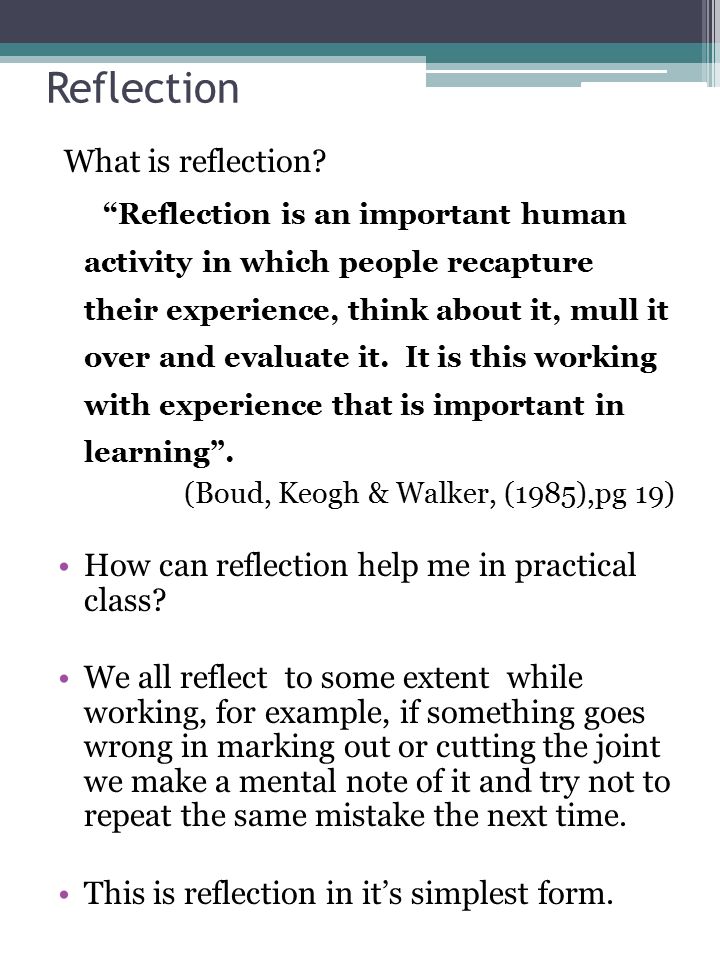 Our country was not looking for confrontation: the document included the thesis that equal cooperation in the Russia-EU-US "triangle" would help strengthen the stability of the Euro-Atlantic region. nine0003
Our country was not looking for confrontation: the document included the thesis that equal cooperation in the Russia-EU-US "triangle" would help strengthen the stability of the Euro-Atlantic region. nine0003
Five years later, in the revision of the 2013 Concept , the task of promoting the development of the national economy and its transfer to innovative tracks is more clearly stated. The need for a wide use of the mechanisms for forming a positive image of Russia, its domestic and foreign policy in world public opinion is emphasized.
The current version of Concept , approved by President V.V. Putin in 2016 , fixes the life-tested principles of foreign policy: independence, multi-vector approach, pragmatism, openness, striving to solve all problems by political and diplomatic means in compliance with international law . The document was formed under the influence of serious changes that took place in international relations in the context of the Ukrainian crisis of 2014-2015.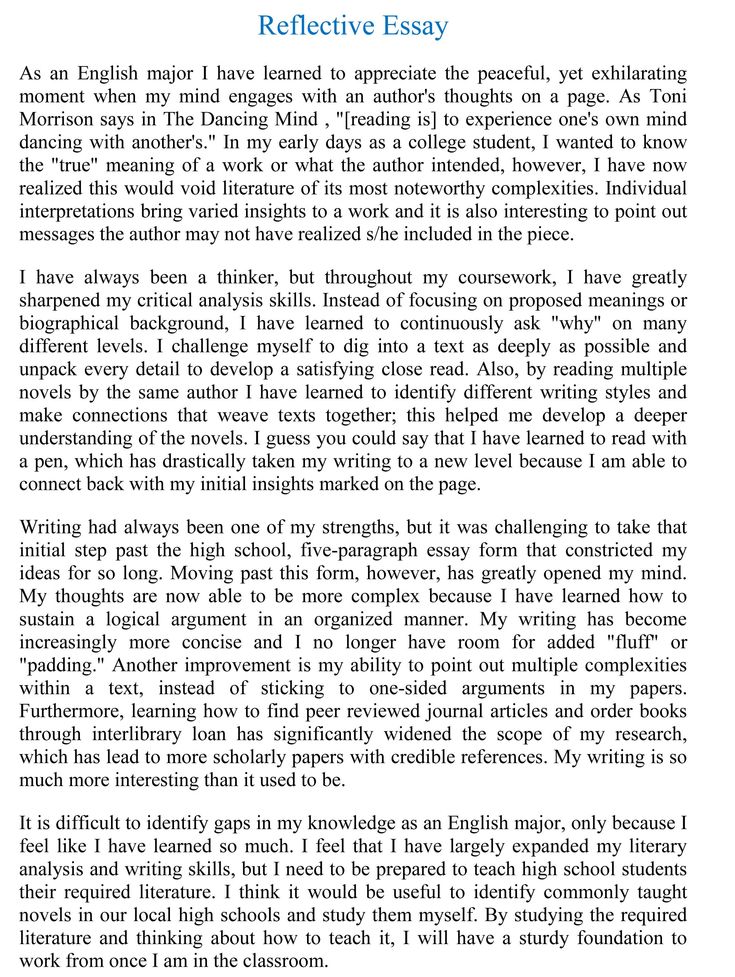 and political turmoil in the Middle East and North Africa. It is noted that the progress towards a multipolar world order is not a conflict, accompanied by an aggravation of global and regional contradictions, interstate competition, and an increase in the role of the factor of force in world politics. The idea that the desire of the West to hold its positions is realized through the containment of alternative centers of power, including the diverse pressure of the United States, NATO and the European Union on our country, was further developed. Nevertheless, Russia's orientation towards the formation of a common space of peace, security and stability in the Euro-Atlantic region, building pragmatic mutually beneficial relations with the United States, taking into account the special responsibility of the two states for global strategic stability and the state of international security, was reconfirmed. The most important innovation: the reconfiguration of priorities in the Eurasian space, taking into account the creation of the EAEU and with an eye to building an open economic partnership on its basis, also covering the SCO and ASEAN countries.
and political turmoil in the Middle East and North Africa. It is noted that the progress towards a multipolar world order is not a conflict, accompanied by an aggravation of global and regional contradictions, interstate competition, and an increase in the role of the factor of force in world politics. The idea that the desire of the West to hold its positions is realized through the containment of alternative centers of power, including the diverse pressure of the United States, NATO and the European Union on our country, was further developed. Nevertheless, Russia's orientation towards the formation of a common space of peace, security and stability in the Euro-Atlantic region, building pragmatic mutually beneficial relations with the United States, taking into account the special responsibility of the two states for global strategic stability and the state of international security, was reconfirmed. The most important innovation: the reconfiguration of priorities in the Eurasian space, taking into account the creation of the EAEU and with an eye to building an open economic partnership on its basis, also covering the SCO and ASEAN countries.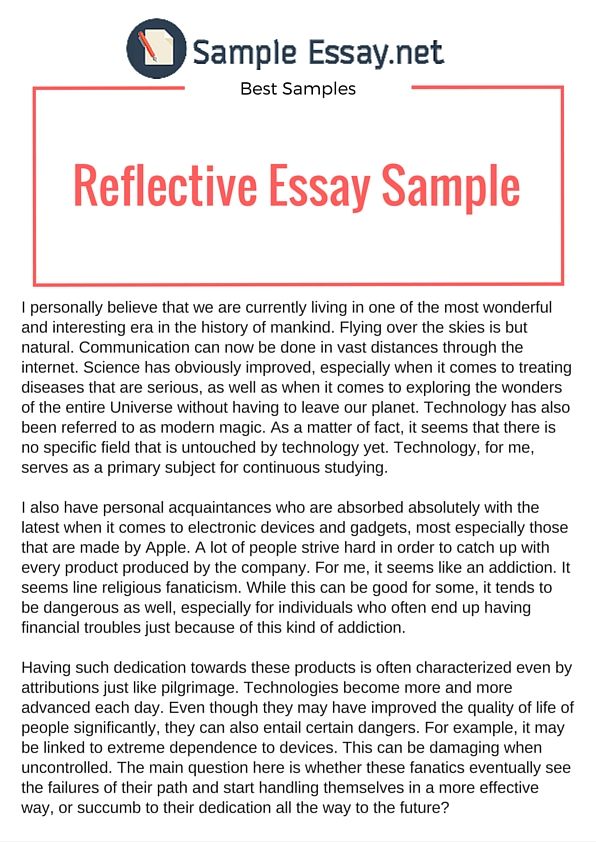 In a positive light, Russia's participation in such multilateral formats as the G20, BRICS and RIC (Russia-India-China) is noted. nine0003
In a positive light, Russia's participation in such multilateral formats as the G20, BRICS and RIC (Russia-India-China) is noted. nine0003
These are, by and large, the main elements of the ideological baggage that we have, this is how the virtual starting point for further work on the conceptual framework of Russian foreign policy in the new conditions looks like.
* * *
The multidimensional process of editing a new version of the Foreign Policy Concept with the involvement of interested authorities and the expert community was launched back in 2021. The main outlines of the document were considered at an operational meeting of the Russian Security Council in January of this year. They are being finalized taking into account the development of the international situation. Here I would like to dwell on some key aspects of our analysis. nine0003
Regardless of the duration and outcome of the NWO, it can already be stated that the thirty-year era of generally constructive, although not problematic cooperation with the West has irrevocably ended .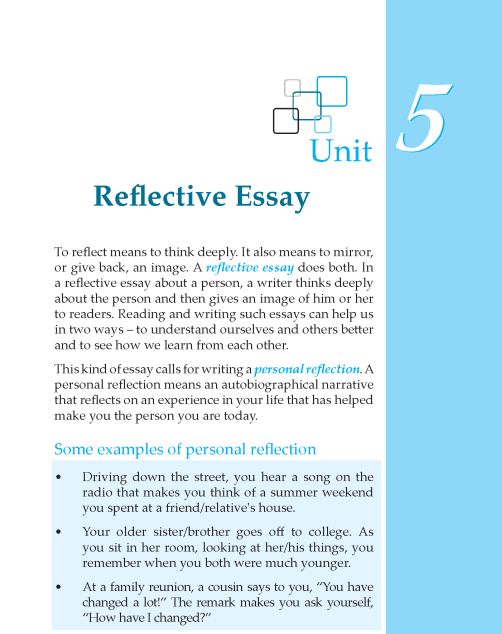 The current situation provides a unique opportunity for the final liberation from residual illusions and the withdrawal of Russia from the framework of the “friendly takeover” paradigm, reproduced from time to time by Western colleagues after 1992. It is clear that a return to the situation before February 24 in relations with the countries of North America and Europe is not will. nine0003
The current situation provides a unique opportunity for the final liberation from residual illusions and the withdrawal of Russia from the framework of the “friendly takeover” paradigm, reproduced from time to time by Western colleagues after 1992. It is clear that a return to the situation before February 24 in relations with the countries of North America and Europe is not will. nine0003
By the way, the West's hostility towards us is nothing new. Even during the Crimean War (1854-1856), the British poet Lord A. Tennyson openly said that he hated Russians and Russia. The German Kaiser Wilhelm (1888-1918) wrote in his memoirs: “I can't help myself. I know it's not Christian, but I hate the Slavs."[9] That is, Russophobia is not something marginal. It is a virus that sits deep in the minds of the intellectual and political elite.
A number of domestic experts argue that the current quarrel over Ukraine puts an end to the entire historical era of Russia's rapprochement with Europe, begun by Peter the Great, and today "we reserve the "Petrine" page of our history"[10].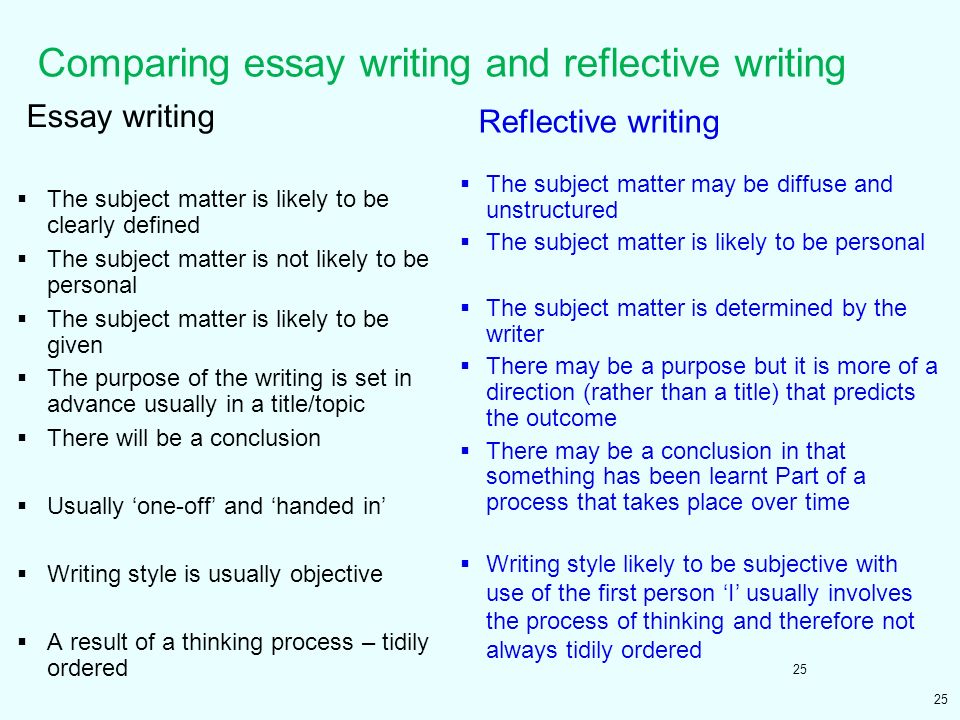 We can agree with this, but only in part. I would not confidently speak about the pre-Petrine closeness of Moscow from the West. There are many arguments in favor of the opposite - from the foreign trade and cultural interaction of Veliky Novgorod with the cities of the Hanseatic League and the marriage of Ivan III with Sophia Paleolog approved in the Vatican to the offensive policy of Ivan IV in the western direction. Rather, it makes sense to talk about the introduction of "Westernism" by Peter the Great into the self-consciousness of the ruling layer in Russia, creating a reserve for its worldview delimitation from the masses. As political scientists rightly point out, “since the time of Peter the Great, Russian elites have looked to the West, adopted Western fashion and behavior, introduced Western institutions, borrowed Western philosophies, sought to enter the great European powers; then, during the Soviet era, to become a global superpower, and in a later period, a key component of a larger Europe from Lisbon to Vladivostok.
We can agree with this, but only in part. I would not confidently speak about the pre-Petrine closeness of Moscow from the West. There are many arguments in favor of the opposite - from the foreign trade and cultural interaction of Veliky Novgorod with the cities of the Hanseatic League and the marriage of Ivan III with Sophia Paleolog approved in the Vatican to the offensive policy of Ivan IV in the western direction. Rather, it makes sense to talk about the introduction of "Westernism" by Peter the Great into the self-consciousness of the ruling layer in Russia, creating a reserve for its worldview delimitation from the masses. As political scientists rightly point out, “since the time of Peter the Great, Russian elites have looked to the West, adopted Western fashion and behavior, introduced Western institutions, borrowed Western philosophies, sought to enter the great European powers; then, during the Soviet era, to become a global superpower, and in a later period, a key component of a larger Europe from Lisbon to Vladivostok. This is a rut that is hard to get out of.”[11]. The irrational equal sign between “Western” and “progressive”, “Western” and “attractive” at different stages of Russian history, which has really taken root since those times, to a greater or lesser extent predetermined the vectors of development in domestic and foreign policy. Today, this approach is no longer relevant. We have changed, and so has the rest of the world. nine0003
This is a rut that is hard to get out of.”[11]. The irrational equal sign between “Western” and “progressive”, “Western” and “attractive” at different stages of Russian history, which has really taken root since those times, to a greater or lesser extent predetermined the vectors of development in domestic and foreign policy. Today, this approach is no longer relevant. We have changed, and so has the rest of the world. nine0003
Russia has entered an acute phase of confrontation with an aggressive alliance of unfriendly states led by the United States. The goal of the enemy is to inflict a strategic defeat on our country, eliminating it as a geopolitical competitor. It must be understood that in the face of the Russophobic collective West, we have a dangerous, motivated and - despite the gradual and irreversible weakening of the aggregate power - still a strong rival, who has an advanced military-technical potential and controls a significant part of global markets, financial resources, logistics chains and information flows.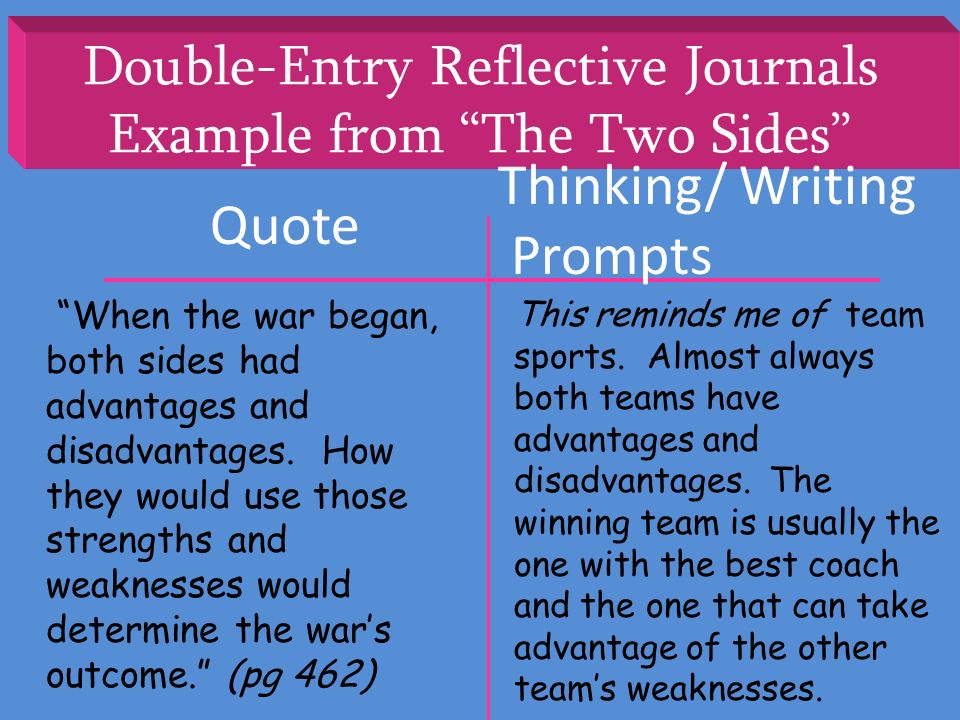 nine0003
nine0003
For some of us, this reversal came as an unpleasant surprise, and this is understandable. Strategies for convergence, embedding, dialogue, and common spaces have figured prominently in planning for many years. However, at “hour X” it turned out that the hostile NATO bloc was developing territories adjacent to the vital regions of central Russia (the Baltic states, Ukraine), and the European Union was spreading its neo-colonial influence throughout Eastern Europe, Transcaucasia and Central Asia, regardless of the integration associations existing there (EAEU and CIS). It is clear that this reality is the result of many years of arrogant ignorance of Russia's honest attempts to negotiate with the West on the rules of coexistence, and it can no longer be tolerated. nine0003
Constructive interaction with all neighbors, including those in the Euro-Atlantic area, certainly meets Russia's interests. This goal must be striven for. But not at the cost of unilateral concessions, especially concessions to those who openly declare Russia the main threat, as stated in the NATO Strategic Concept adopted at the end of June 2022 at the Madrid summit. In such conditions, cooperation with unfriendly states is possible only on a one-time, transactional basis - it can be carried out only where it is beneficial for Russia and where there is no acceptable alternative. nine0003
In such conditions, cooperation with unfriendly states is possible only on a one-time, transactional basis - it can be carried out only where it is beneficial for Russia and where there is no acceptable alternative. nine0003
The argument that a quarrel with Europe is beneficial to the Anglo-Saxons is only partly true, to the extent that Atlanticist politicians remain at the helm of key European states. The internal transformations of European societies and socio-economic systems will not necessarily conserve the existing political alignment. Europe's desire for strategic autonomy is still strong, and nationally oriented parties and movements are growing in popularity. The practical challenge for Russia is to offer Europe a formula for future cooperation that, on the one hand, would support the autonomist aspirations of the Europeans, and, on the other hand, would guarantee that there would be no threats to the security of our country in any area (military, economic, etc.) technological, cultural and humanitarian, etc.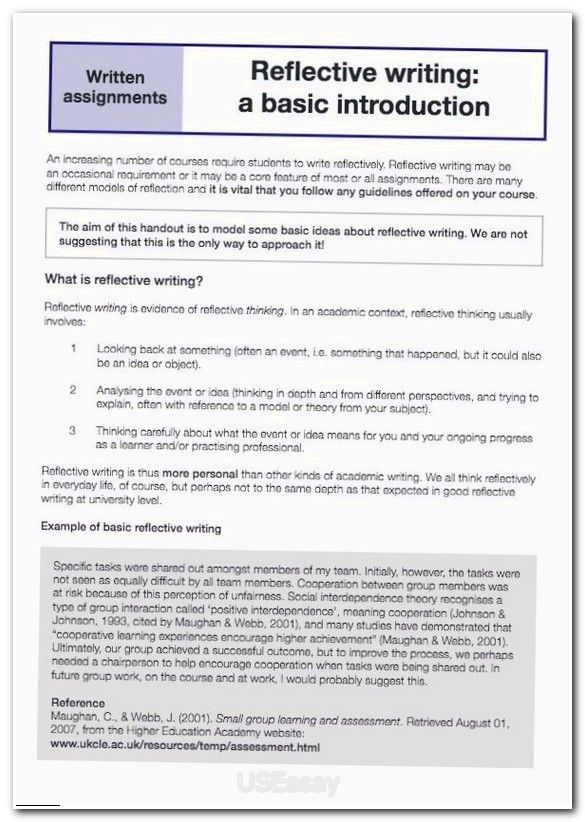 ). nine0003
). nine0003
The aggravation of contradictions between the major powers could not but affect multilateral diplomacy . It turned out that in the absence of the will to honest dialogue, organizations and discussion clubs created in the best of times quickly lose their role as negotiating platforms and turn into an arena of propaganda battles.
Actually, this trend has been gaining momentum for more than one year. The United States has blocked the WTO Dispute Settlement Body, for many years it has not been possible to agree on a joint political declaration by the Foreign Ministers of the OSCE countries, and there are other examples. After the start of the NWO, the Westerners set out to excommunicate Russia from participation in global and regional structures - from the UN Human Rights Council and the World Tourism Organization to the Council of the Baltic Sea States. There is no need to talk about the ugly situation in the field of international sports, disfiguring the "all-weather" meaning of the Olympic movement.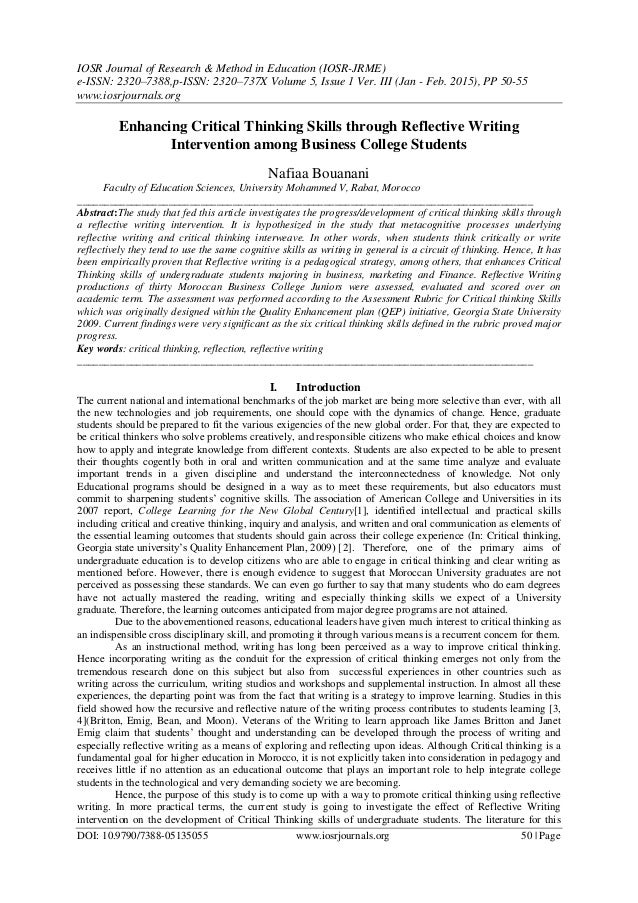 nine0003
nine0003
The concept of the "rules-based order" with its various partnerships, coalitions and "appeals" is aimed at undermining the central coordinating role of the UN, with its functions duplicating the terms of reference of the specialized agencies and institutions of the World Organization. The Westerners actually “privatized” the executive structures, including the UN Secretariat, the offices of special envoys and special representatives of the Secretary General, both country and functional, by saturating them with their “proven” personnel (this also applies to neo-UN mechanisms, such as, for example, the Technical Secretariat of the Organization for the prohibition of chemical weapons). nine0003
The saddest thing is that the rust is undermining the "holy of holies" of the UN system - the Security Council. The meaning of the right of veto, which the founding fathers endowed to the permanent members of the Security Council with one single purpose, is devalued: to prevent the interests of any of the great powers from being infringed, and thus save the world from a direct clash between them, which in the nuclear age is fraught with catastrophic consequences.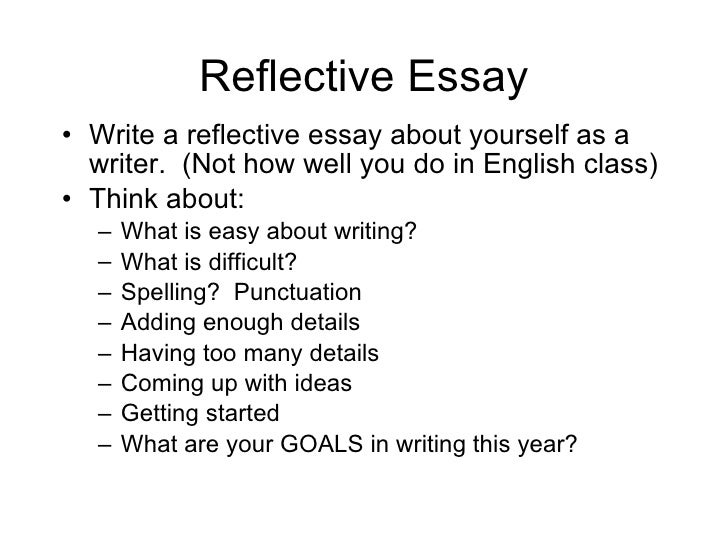 consequences. One of the symptoms of the disease is the refusal of the “Western three” to work with Russia and China on the practical implementation of the initiative to convene a summit of the leaders of the “five” countries of the UN Security Council, put forward by President Vladimir Putin in January 2020. But the very idea of such a meeting is aimed at finding points of contact on the most explosive problems of our time, as well as on the reaffirmation of the fundamental principles of international communication, first of all, the basic - "Westphalian" - the principle of sovereign equality of states. nine0003
consequences. One of the symptoms of the disease is the refusal of the “Western three” to work with Russia and China on the practical implementation of the initiative to convene a summit of the leaders of the “five” countries of the UN Security Council, put forward by President Vladimir Putin in January 2020. But the very idea of such a meeting is aimed at finding points of contact on the most explosive problems of our time, as well as on the reaffirmation of the fundamental principles of international communication, first of all, the basic - "Westphalian" - the principle of sovereign equality of states. nine0003
There are no simple recipes for correcting the situation here. Clearly, more conscious effort and imagination is needed when it comes to UN reform. The Security Council needs to be democratized, first of all, by expanding the representation of African, Asian and Latin American countries. Apparently, the time has come to ask the question to what extent the working agenda of the UN is consonant with the interests of the majority of members of the world community.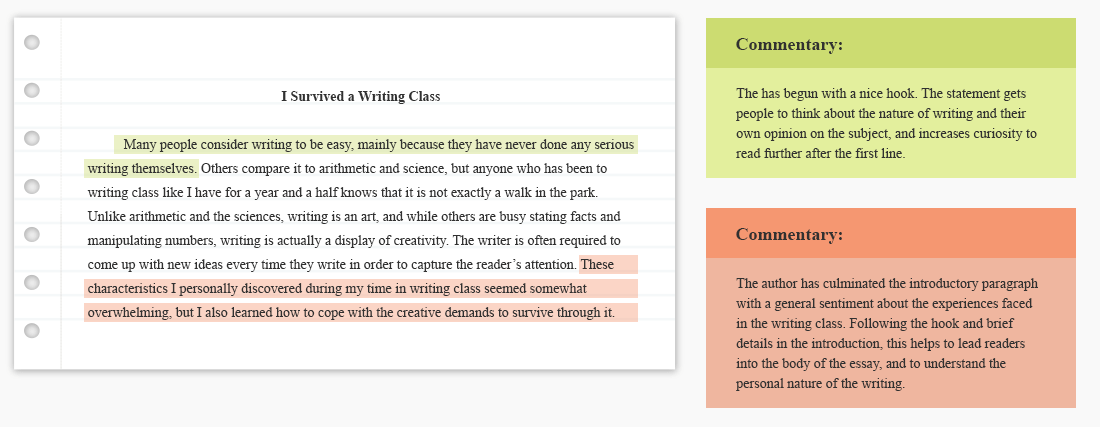 For many of them, access to cheap energy sources (rather than the transition to "green" technologies), socio-economic development (rather than human rights in the ultra-liberal reading), security and sovereign equality (rather than the artificial imposition of electoral democracy according to Western patterns). Finally, the topic of completing the process of decolonization and ending the neo-colonial practices of the development of natural resources of developing countries by transnational corporations becomes topical again. nine0003
For many of them, access to cheap energy sources (rather than the transition to "green" technologies), socio-economic development (rather than human rights in the ultra-liberal reading), security and sovereign equality (rather than the artificial imposition of electoral democracy according to Western patterns). Finally, the topic of completing the process of decolonization and ending the neo-colonial practices of the development of natural resources of developing countries by transnational corporations becomes topical again. nine0003
Whatever the fate of the UN, the WTO, the IMF, the World Bank, the G20 and other universally inclusive associations (Russia has played and is playing a constructive role in them), the divisive policy of the West makes it an absolute imperative for the coming years the formation of a new infrastructure international relations in the political, economic, trade, monetary and financial, cultural and humanitarian spheres, as well as in the field of international security.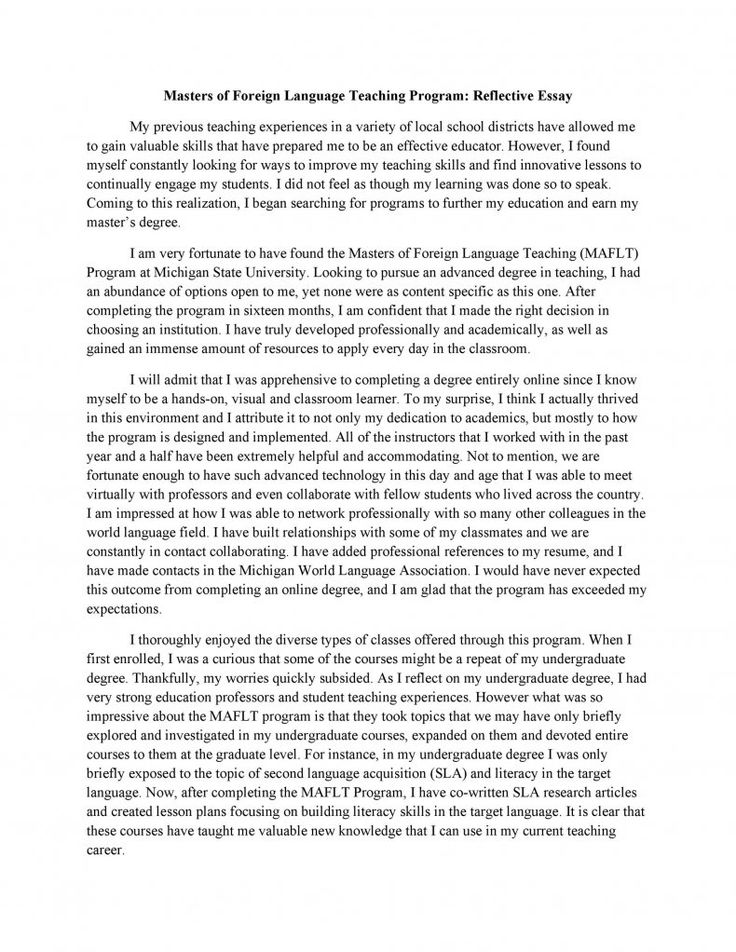 This infrastructure, as domestic experts rightly point out, must, first of all, correspond to the real content of international politics[12]. Its main feature, in addition to inclusiveness and voluntary participation, should be invulnerability to external dictates, independence from the whims of our Western colleagues. After their frankly perfidious decisions and actions against Russia, its citizens and tangible assets, we simply cannot afford the luxury of not thinking about alternatives. Especially since many of our friends who have lost faith in Western benevolence and decency are thinking about the same thing. Actually, efforts to create an independent global governance circuit did not begin today - the successful development of the BRICS is an example of this. However, now, without a doubt, this process will receive a powerful acceleration, including through the expansion of the SCO, the increase in the effectiveness of the Non-Aligned Movement, the formation of the Group of Friends in Defense of the UN Charter and other formats.
This infrastructure, as domestic experts rightly point out, must, first of all, correspond to the real content of international politics[12]. Its main feature, in addition to inclusiveness and voluntary participation, should be invulnerability to external dictates, independence from the whims of our Western colleagues. After their frankly perfidious decisions and actions against Russia, its citizens and tangible assets, we simply cannot afford the luxury of not thinking about alternatives. Especially since many of our friends who have lost faith in Western benevolence and decency are thinking about the same thing. Actually, efforts to create an independent global governance circuit did not begin today - the successful development of the BRICS is an example of this. However, now, without a doubt, this process will receive a powerful acceleration, including through the expansion of the SCO, the increase in the effectiveness of the Non-Aligned Movement, the formation of the Group of Friends in Defense of the UN Charter and other formats.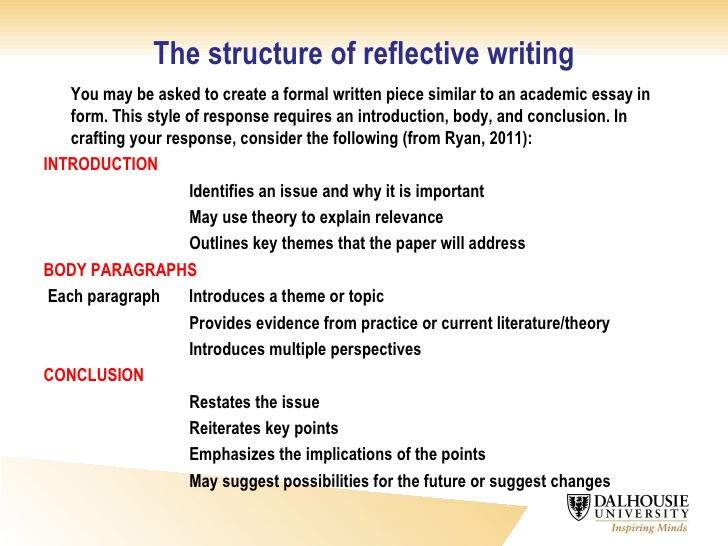 nine0003
nine0003
Reliance on national interests and international law presupposes the widespread introduction of ideas whose viability has been proven by time. Such as the concept of multipolarity based on cooperation in the "triangle" Russia-China-India, proposed by Yevgeny Primakov back in the 90s. It is appropriate to recall that long before the aggravation of relations with the West, Yevgeny Maksimovich advocated a significant increase in attention to the eastern and southern directions of Russian diplomacy. Russia is actively putting this principled goal into practice, and the current chill in relations with the West is objectively freeing up additional resources for its implementation. nine0003
There are new arguments in favor of making President Vladimir Putin's initiative to form the Greater Eurasian Partnership the flagship foreign policy project of Russia. We see the BEP as a framework open to all countries and associations of the continent in matters of economic integration and security.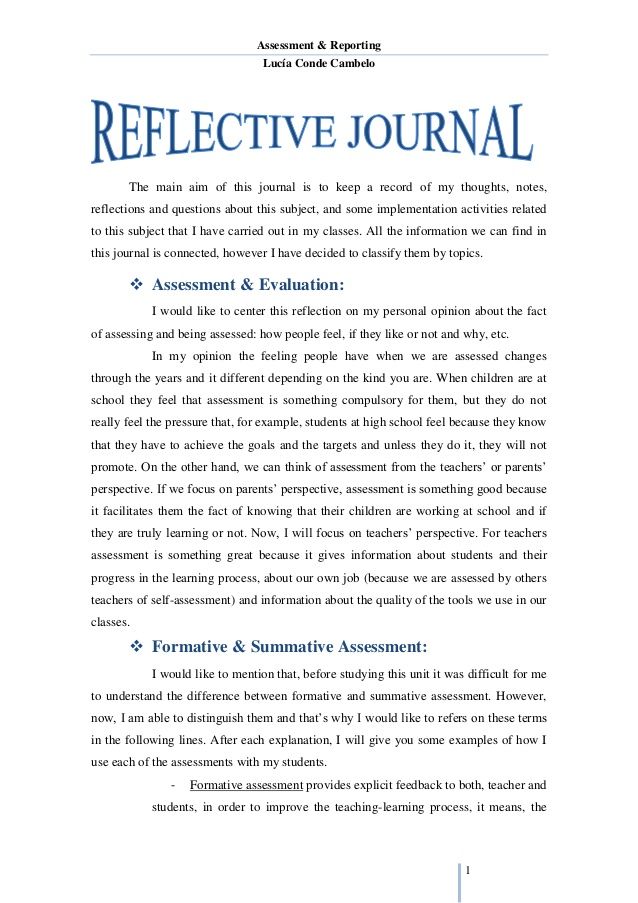 Its added value lies in the harmonious combination of integration projects, national development strategies, production and logistics chains, and transport and energy corridors. It is through the prism of Greater Eurasia that it is possible to pave the way for building a new model of relations between Russia and its European neighbors at the next historical stage, with an emphasis on the competitive advantages of such a partnership that are natural for geographical and other reasons. nine0003
Its added value lies in the harmonious combination of integration projects, national development strategies, production and logistics chains, and transport and energy corridors. It is through the prism of Greater Eurasia that it is possible to pave the way for building a new model of relations between Russia and its European neighbors at the next historical stage, with an emphasis on the competitive advantages of such a partnership that are natural for geographical and other reasons. nine0003
A healthy separation from the West in many ways creates the conditions for more extensive cooperation with the global East and South, also because it is there today that the largest number of our sincere like-minded people and friends, as shown by their thoughtful, balanced response to Russian actions to protect residents Donbass, a clear refusal to join the US-led anti-Russian coalition and sanctions. True, let's not forget that the NWO and everything connected with it is by no means the main item on the national and foreign policy agendas of the non-Western world.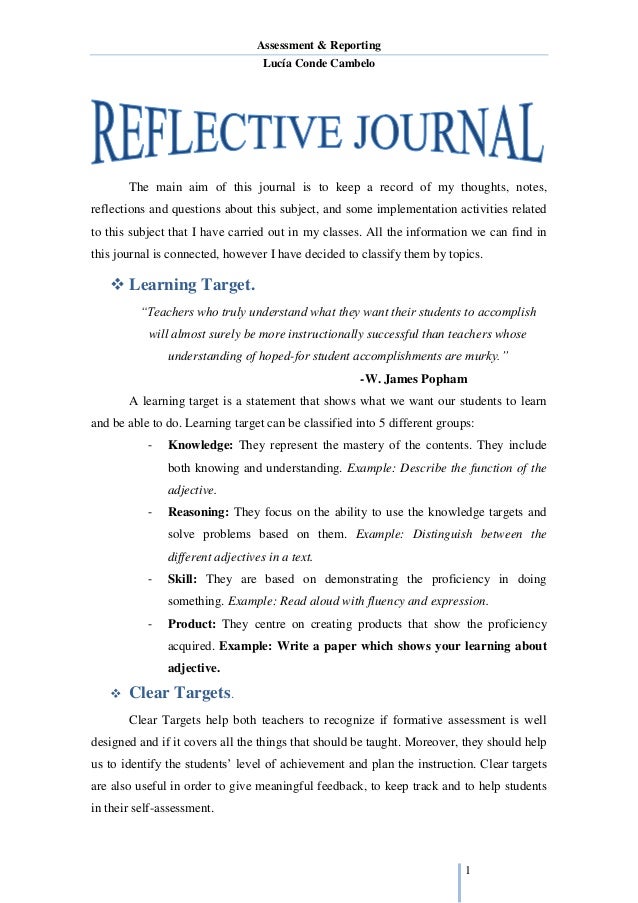 From there, the events in Ukraine and around it look completely different than the “picture” in the reports of biased Western and international media, where Russia is categorically portrayed as guilty of all sins and responsible for almost all world problems. Undoubtedly, the "sound" of Asia, the Middle East, Africa and Latin America as priority areas for the foreseeable future will be qualitatively strengthened in the updated Concept of Russia's foreign policy. nine0003
From there, the events in Ukraine and around it look completely different than the “picture” in the reports of biased Western and international media, where Russia is categorically portrayed as guilty of all sins and responsible for almost all world problems. Undoubtedly, the "sound" of Asia, the Middle East, Africa and Latin America as priority areas for the foreseeable future will be qualitatively strengthened in the updated Concept of Russia's foreign policy. nine0003
* * *
The axiomatic formula that Russia can either be strong or it won't be is now being amply confirmed. Sanctions, military, informational and political pressure, attempts to cut us off from global markets and technologies - all this is effective only to the extent that we are in an unfriendly system of coordinates. The line taken in recent years to strengthen national sovereignty turned out to be incompatible with Russia's participation in global processes on foreign terms or as a member of Western-centric structures (for example, the same G8, which Moscow irrevocably left in 2014).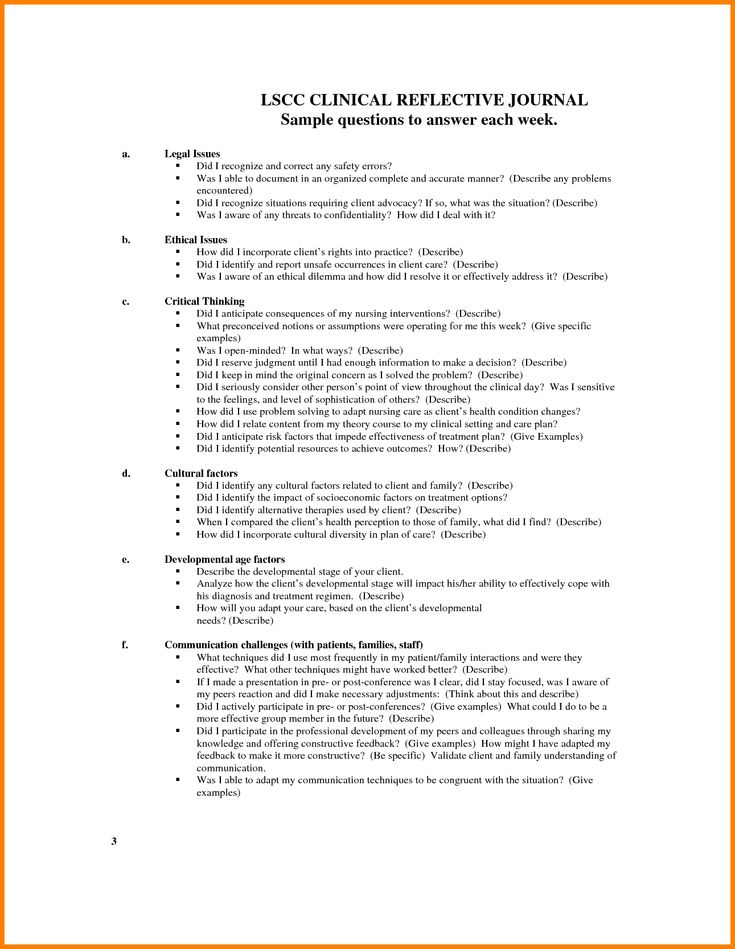 nine0010 Sovereignization of all areas of life , including the ideological sphere, political system, culture, science, economics, finance and others, with openness to the widest mutually enriching equal international cooperation, can guarantee the sustainable development of Russia and a worthy place for our country in a multipolar world order. Among other things, the course of events forces us to ensure the "nationalization" of the categories of our foreign policy philosophy, co-opted from the Western "school of thought". Are such ideologized constructs as, for example, “soft power” and “public diplomacy” applicable in the domestic context and practice, or is it still correct to talk about “cultural and humanitarian policy”, as well as “information support for foreign policy”? nine0003
nine0010 Sovereignization of all areas of life , including the ideological sphere, political system, culture, science, economics, finance and others, with openness to the widest mutually enriching equal international cooperation, can guarantee the sustainable development of Russia and a worthy place for our country in a multipolar world order. Among other things, the course of events forces us to ensure the "nationalization" of the categories of our foreign policy philosophy, co-opted from the Western "school of thought". Are such ideologized constructs as, for example, “soft power” and “public diplomacy” applicable in the domestic context and practice, or is it still correct to talk about “cultural and humanitarian policy”, as well as “information support for foreign policy”? nine0003
It's time for Russia to return to itself. Recognize oneself as the historical core of an original civilization, the largest Eurasian and Euro-Pacific power, one of the strongest geopolitical centers of the world.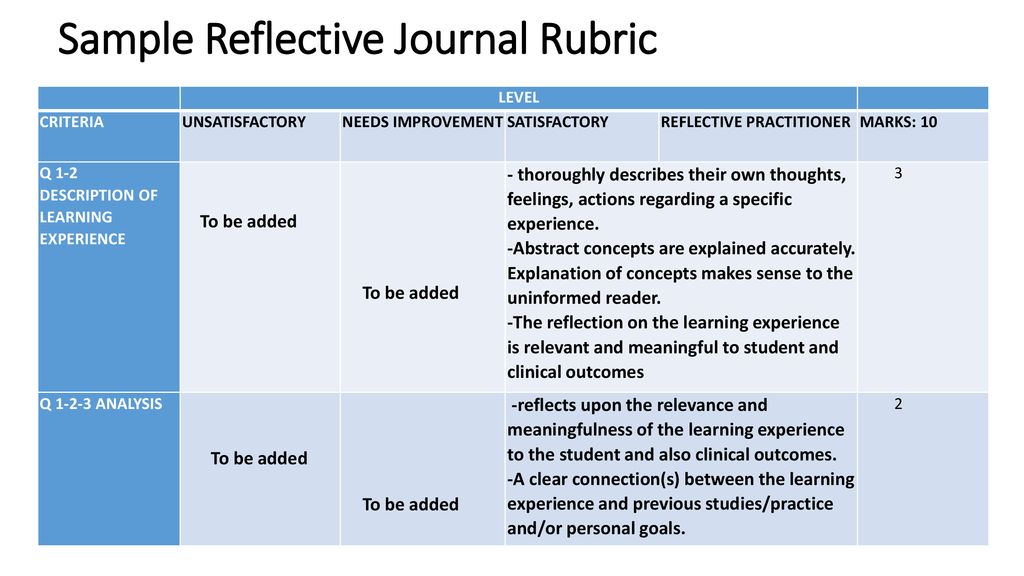
A special military operation provides ample opportunities for such self-determination. Russians, Chechens, Avars, Tatars, Yakuts, Tuvans and representatives of other indigenous peoples as part of a multinational and multi-confessional Russian army oppose the formations of the Kyiv puppet regime, which has relied on flawed radical nationalism and reckless, humiliating obedience to foreign masters. Long-standing historical enemies - the Cossacks and Chechens, who liberated Lisichansk, call themselves brothers in arms, and the Chechen commander is awarded the Cossack cross. There is something to think about here. It comes to the surface that the choice in favor of interethnic unity and traditional values releases creative energy, and unnatural reliance on a falsified past and an illusory future cannot but lead to internal disorder and aggression against dissidents. nine0003
Of course, a return to oneself is impossible without a well-thought-out ideological mobilization of the state and society - this is also a necessary condition for an effective foreign policy after getting out of all forms of dependence on the West.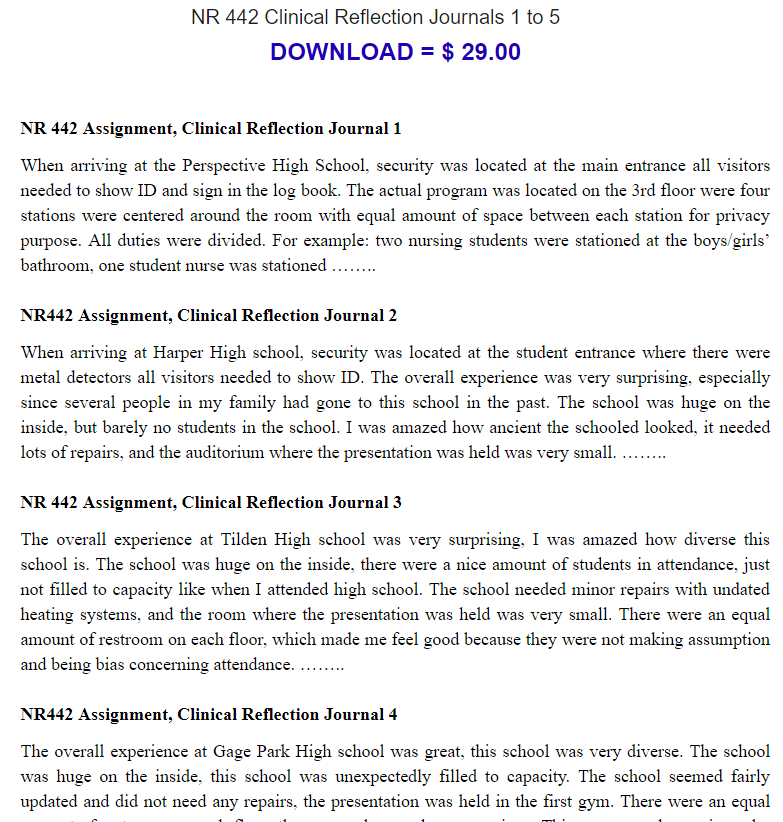 This is also indicated by the appeal to the works of prominent domestic scientists, who mentally anticipated the questions that the current historical stage posed. The identity of the Russian civilization is defined as "a completely original national state and cultural complex, equally clearly different from both Europe and Asia", wrote in 1951 I.L. Solonevich [13]. "Special ethno-civilizational platform" called our country in 1993 V. L. Tsymbursky[14]. The place of Europe as the extreme western tip of the Eurasian continent in 2003 was stated by A.A. Zinoviev: “The prosperous West that Russia dreams of is only a small island in the ocean of mud and suffering”[15].
This is also indicated by the appeal to the works of prominent domestic scientists, who mentally anticipated the questions that the current historical stage posed. The identity of the Russian civilization is defined as "a completely original national state and cultural complex, equally clearly different from both Europe and Asia", wrote in 1951 I.L. Solonevich [13]. "Special ethno-civilizational platform" called our country in 1993 V. L. Tsymbursky[14]. The place of Europe as the extreme western tip of the Eurasian continent in 2003 was stated by A.A. Zinoviev: “The prosperous West that Russia dreams of is only a small island in the ocean of mud and suffering”[15].
History has chosen Russia as a force that, with its perseverance and consistency in striving for truth and justice for all, will accelerate the transition to a new world order. Our ability to play a unifying role and create an intercivilizational "network" of priority partners over the next decade will determine not only Russia's foreign policy positions, but also the stability of the entire system of international relations.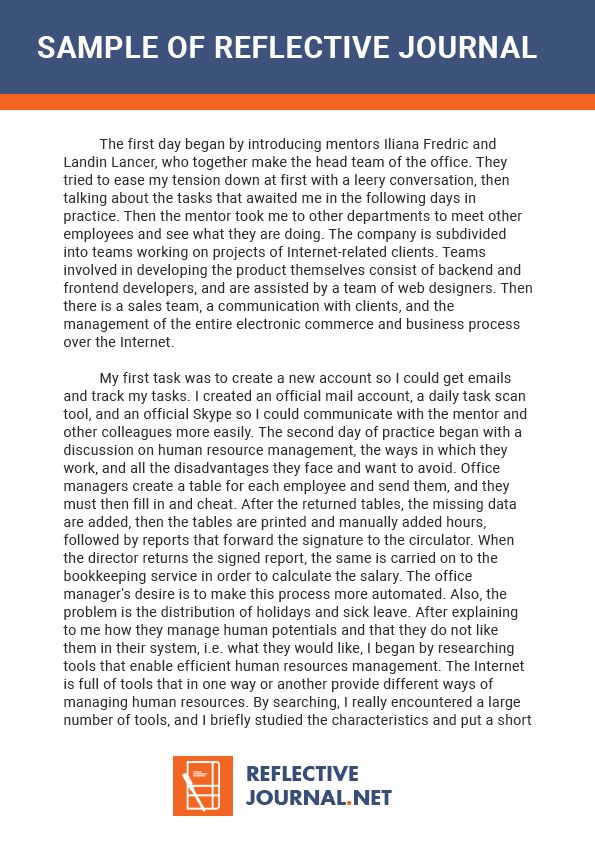 nine0003
nine0003
[1] Narochnitskaya, N.A.: The post-war world is over / N.A. Narochnitskaya/ — Text: electronic // View: [website]. — URL: https://vz.ru/politics/2022/3/14/1148002.html. (date of access: 07/21/2022).
[2] Karaganov, S. A. From constructive destruction to collection / S. A. Karaganov. — Text: electronic // Russia in global politics: [website]. — URL: https://globalaffairs.ru/articles/ot-razrusheniya-k-sobiraniyu/ (date of access: 07/22/2022).
[3] Trenin, DV Hybridity as the main feature of contemporary international conflicts / DV Trenin. - Text: electronic // Council for Foreign and Defense Policy: [website]. — URL: http://svop.ru/main/42490/ (date of access: 07/28/2022).
[4] Lukyanov, F. A. The rules ceased to operate at all / F. A. Lukyanov. — Text: electronic // Russian International Affairs Council: [website]. — URL: https://russiancouncil.ru/analytics-and-comments/comments/pravila-perestali-deystvovat-sovsem/ (date of access: 07/27/2022).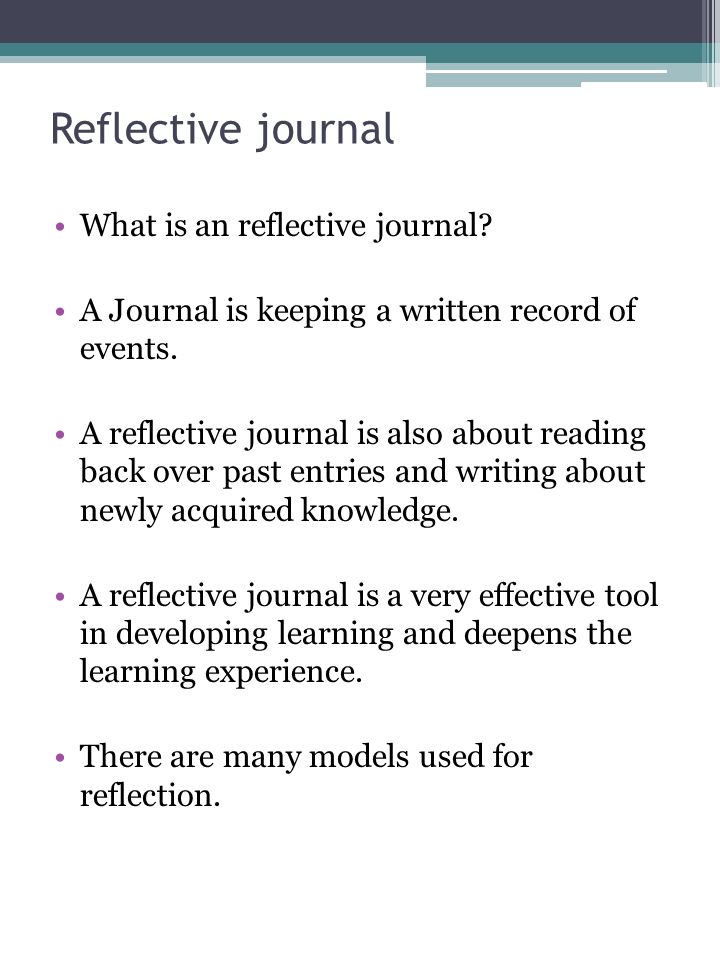
[5] Meeting with the leadership of the State Duma and heads of factions. - Text: electronic // President of Russia: [website]. — URL: http://kremlin.ru/events/president/news/68836 (date of access: 07/18/2022). nine0003
[6] Speech and answers to questions of the Minister of Foreign Affairs of the Russian Federation S.V. Lavrov at a meeting with student youth of the Republic of Belarus, Minsk, July 1, 2022. - Text: electronic // Russian Foreign Ministry: [website]. — URL: https://mid.ru/ru/foreign_policy/news/1820268/ (date of access: 2.07.2022).
[7] Khazin warned about the collapse of the world. - Text: electronic // Rambler: [website]. — URL: https://finance.rambler.ru/economics/48981564-hazin-predupredil-o-raspade-mira/ (date of access: 07/28/2022). nine0003
[8] How Russian science will develop in the coming years. - Text: electronic // RBC: [website]. — URL: https://trends.rbc.ru/trends/innovation/62b2d14a9a794711d698bfb4 (date of access: 07/28/2022).
[9] Narochnitskaya, N.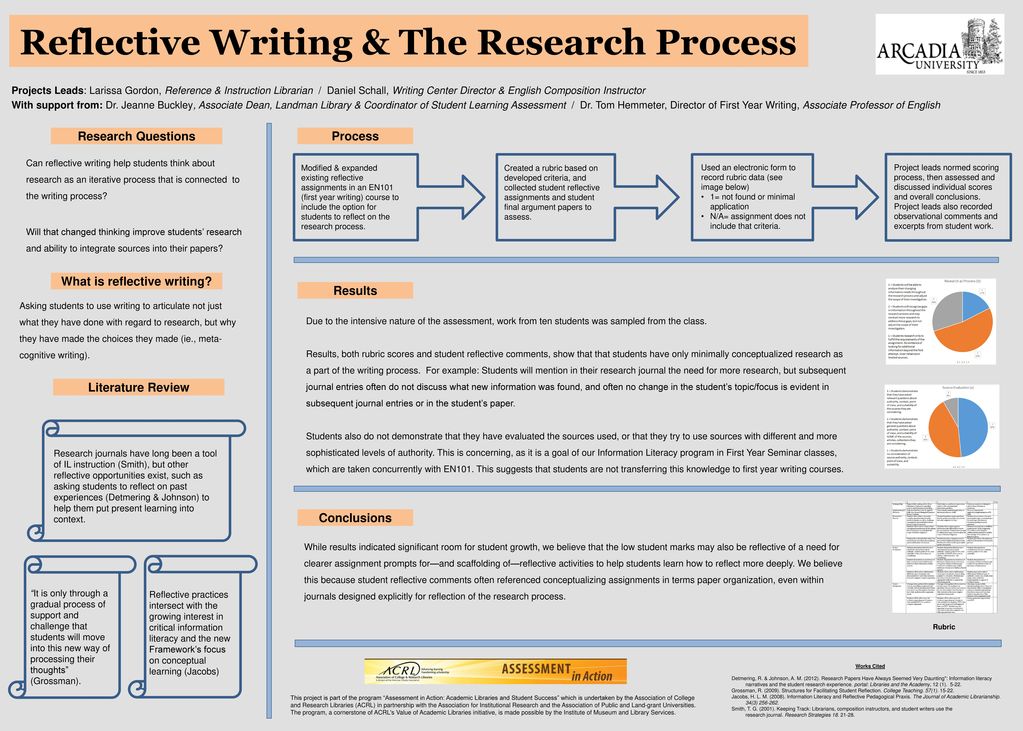 A.: The post-war world is over / N.A. Narochnitskaya/ — Text: electronic // View: [website]. — URL: https://vz.ru/politics/2022/3/14/1148002.html. (date of access: 07/21/2022).
A.: The post-war world is over / N.A. Narochnitskaya/ — Text: electronic // View: [website]. — URL: https://vz.ru/politics/2022/3/14/1148002.html. (date of access: 07/21/2022).
[10] Karaganov, S.A. Against us is the big West, which sooner or later will begin to crumble / S.A. Karaganov — Text: electronic // Rossiyskaya Gazeta: [website]. — URL: https://rg.ru/2022/04/12/sergej-karaganov-protiv-nas-bolshoj-zapad-kotoryj-rano-ili-pozdno-nachnet-sypatsia.html (date of access: 07/28/2022) . nine0003
[11] Trenin, D. V. Decisively broke with the West / D. V. Trenin. — Text: electronic // Russian International Affairs Council: [website]. — URL: https://russiancouncil.ru/analytics-and-comments/comments/reshitelno-porvala-s-zapadom/?sphrase_id=92662124. (date of access: 07/28/2022).
[12] Bordachev, T.V. UN – reform or abolition? / T. V. Bordachev. — Text: electronic // Russia in global politics: [website]. — URL: https://globalaffairs.ru/articles/oon-reforma-ili-uprazdnenie/ (date of access: 07/27/2022).